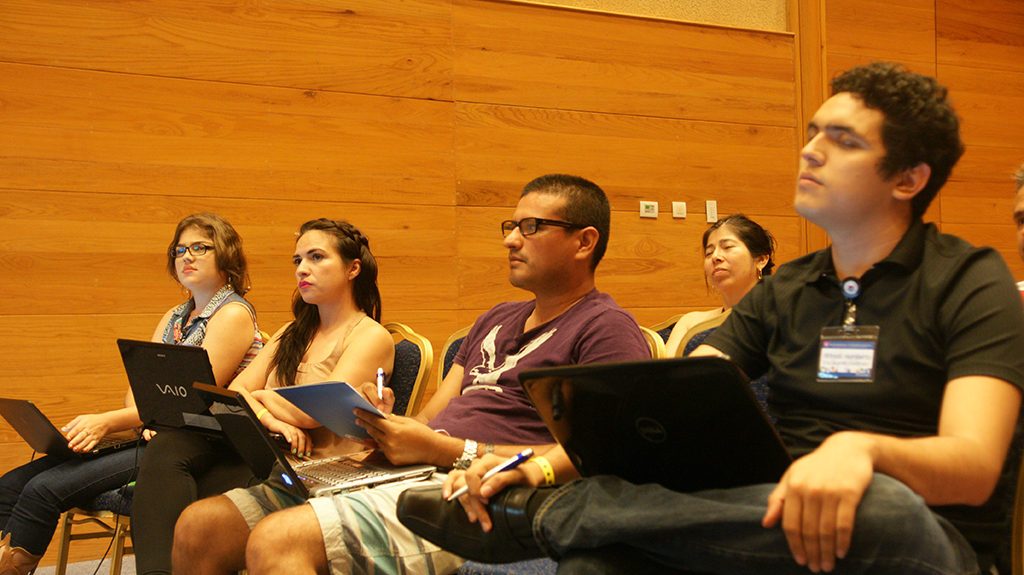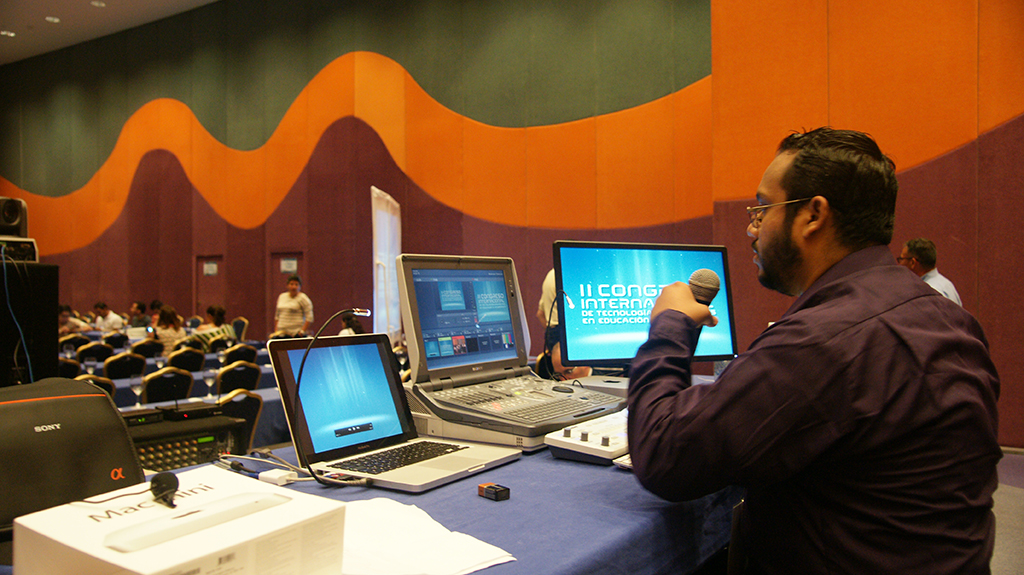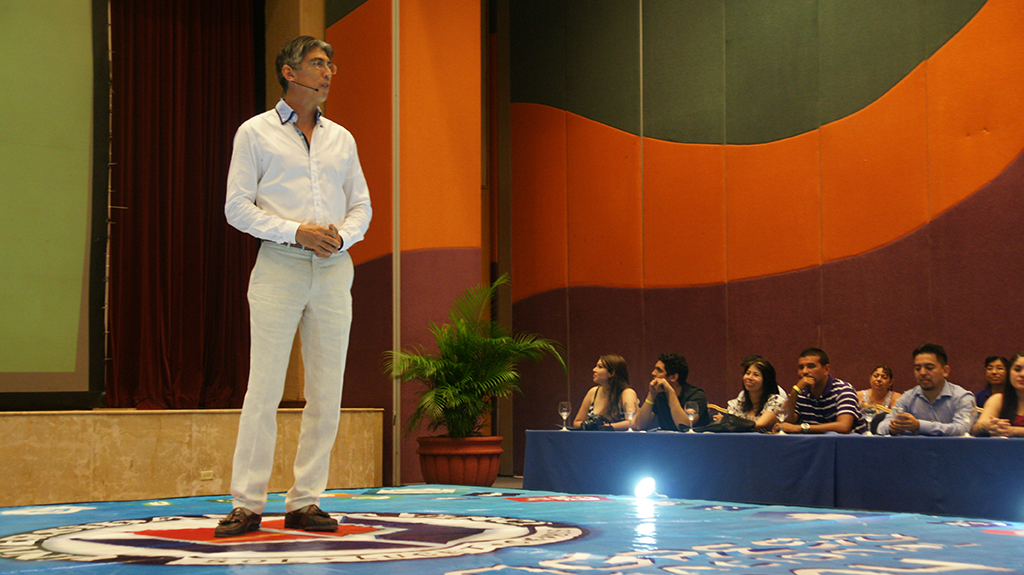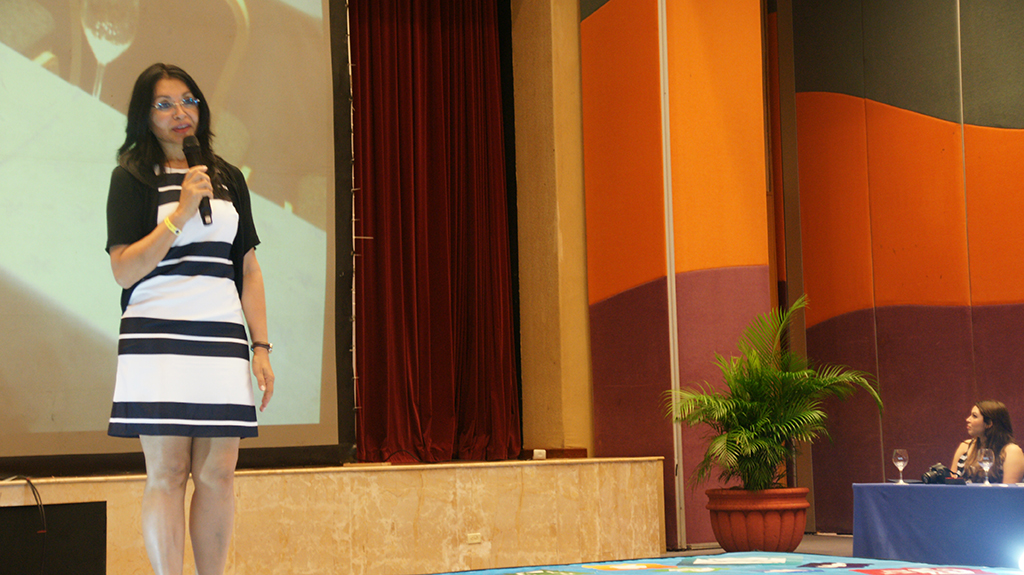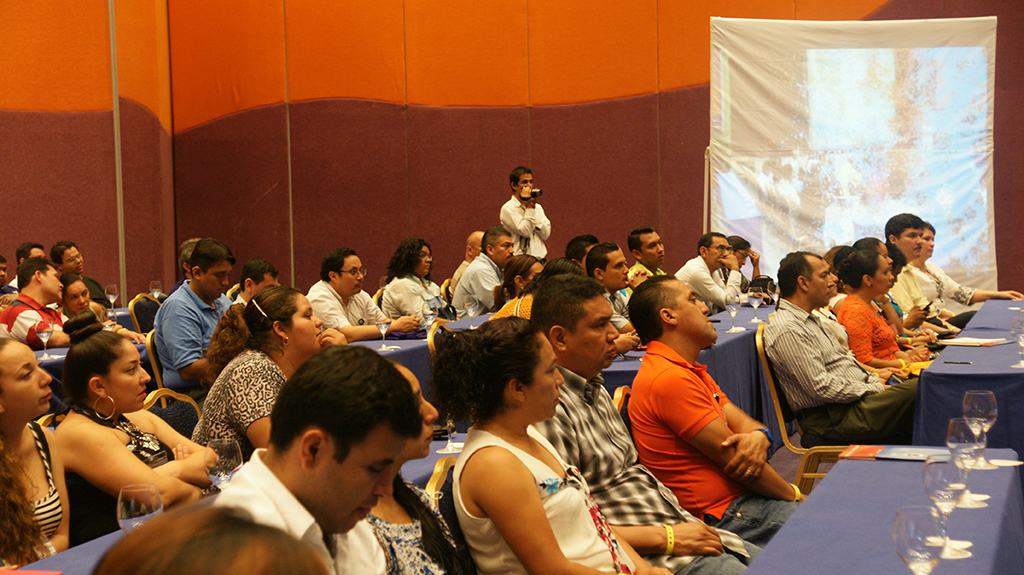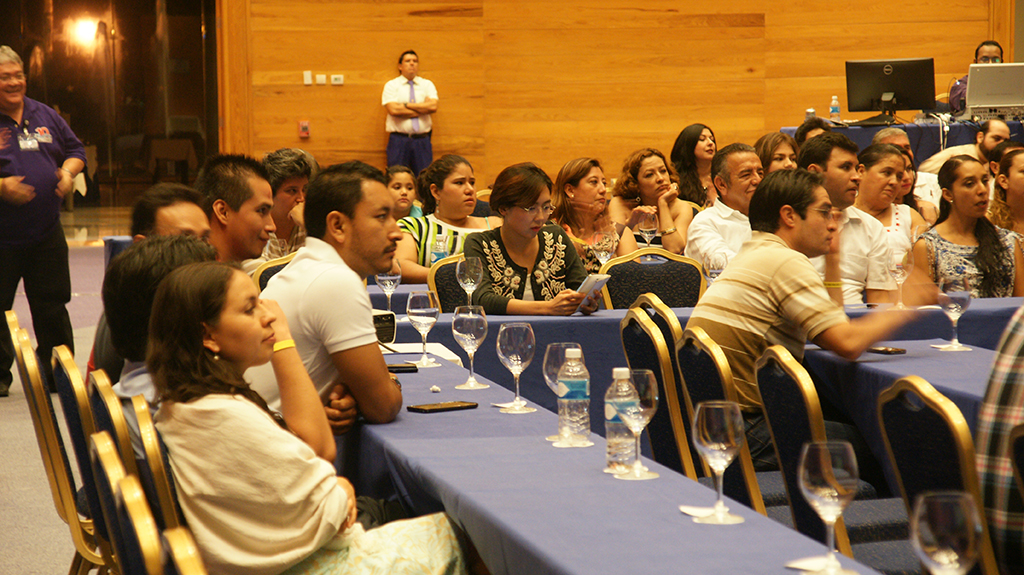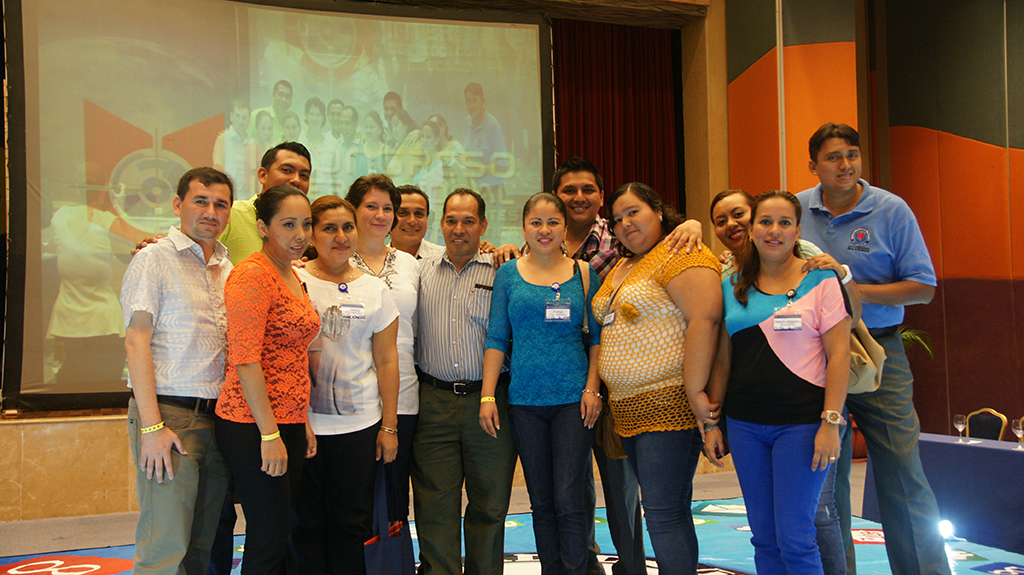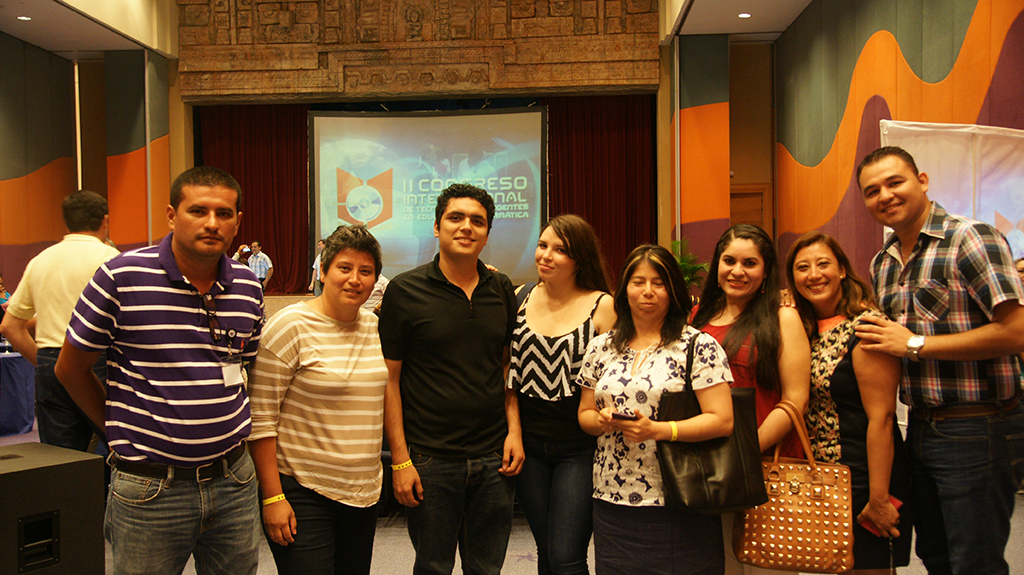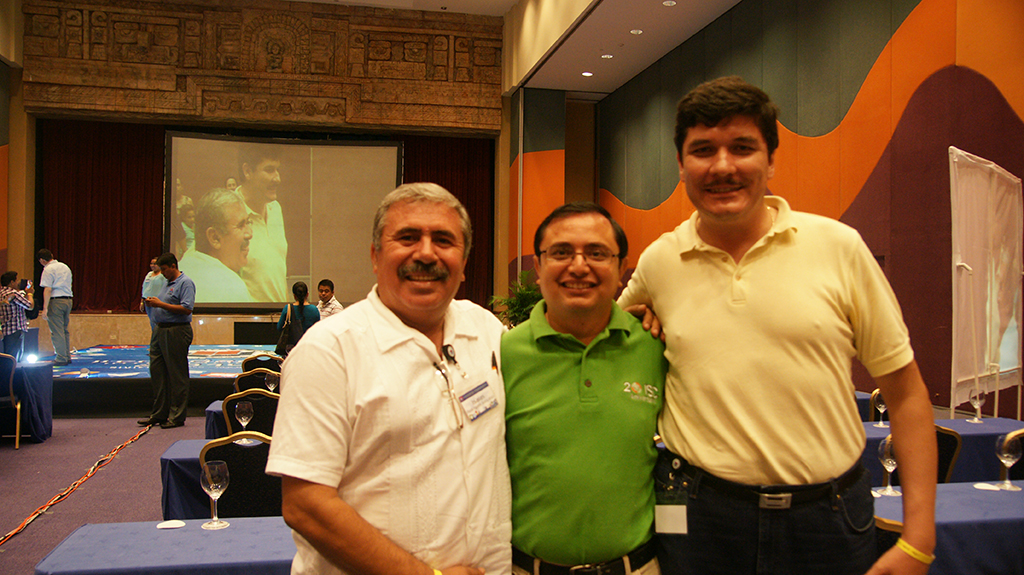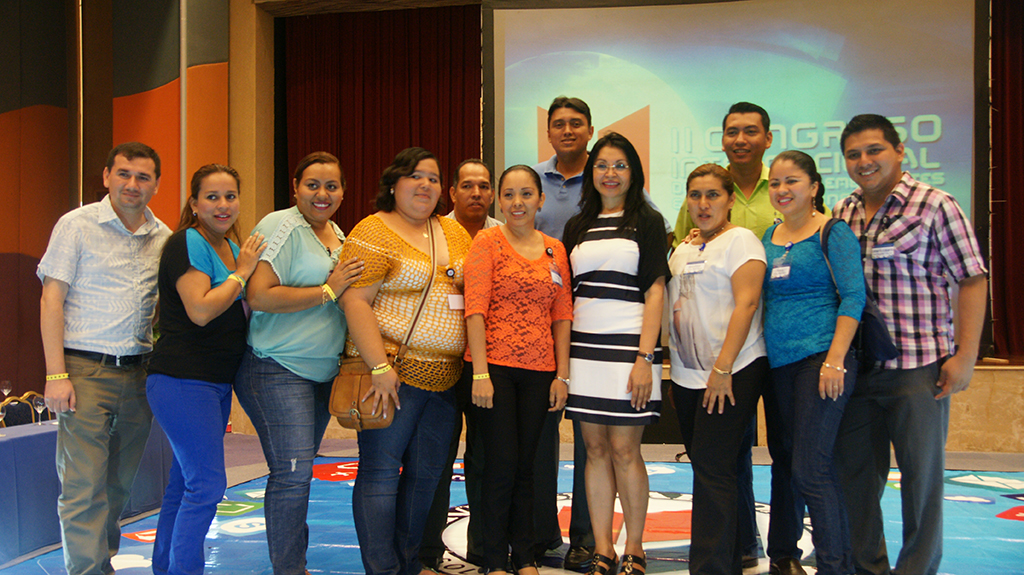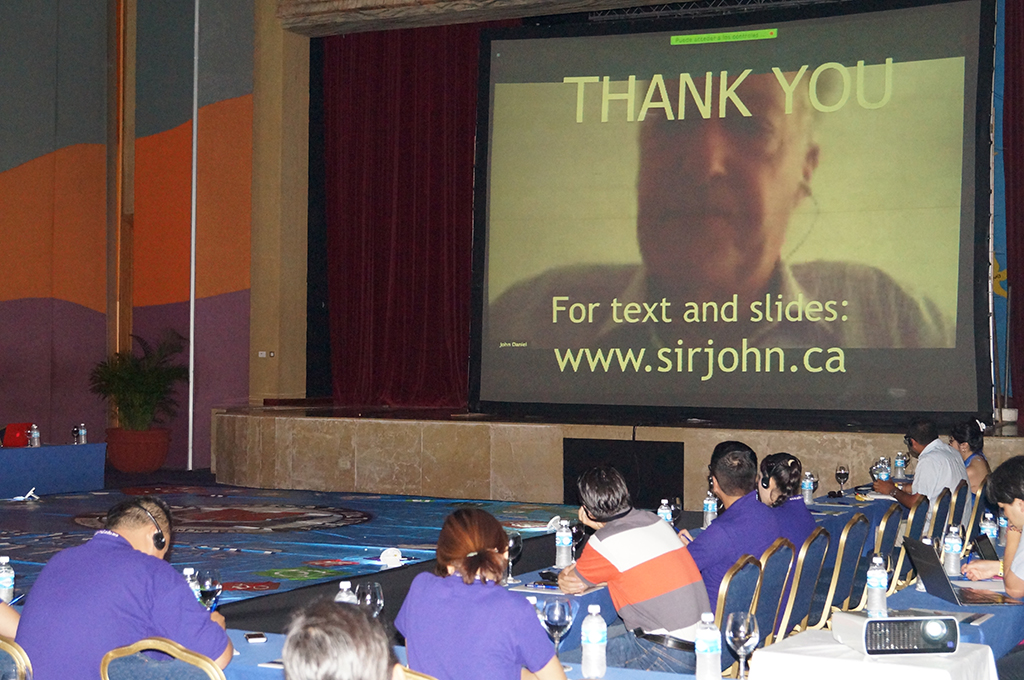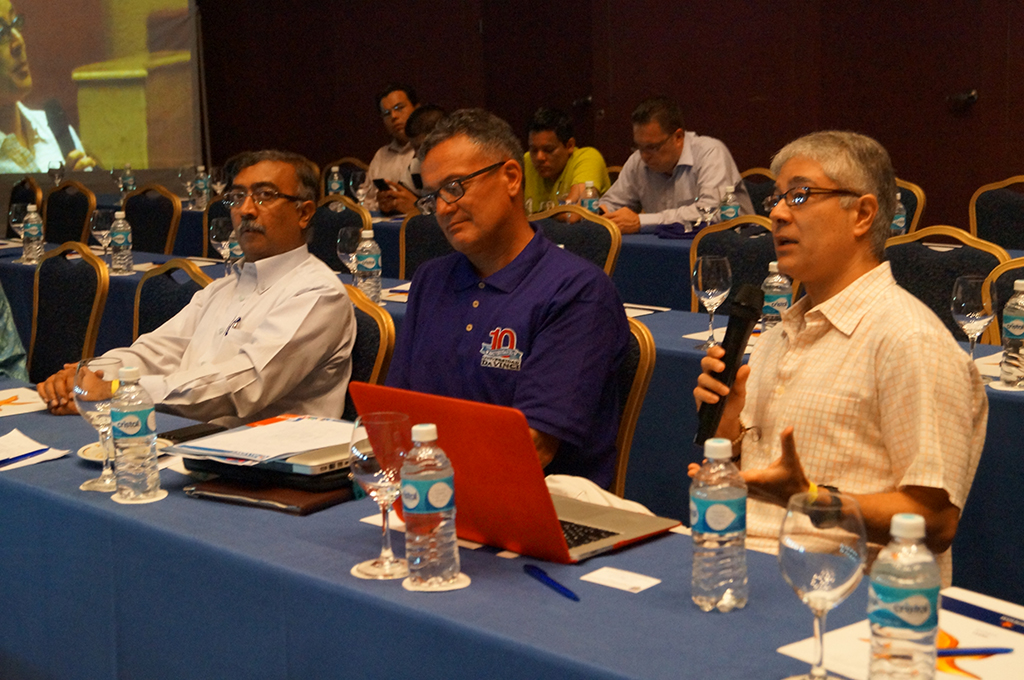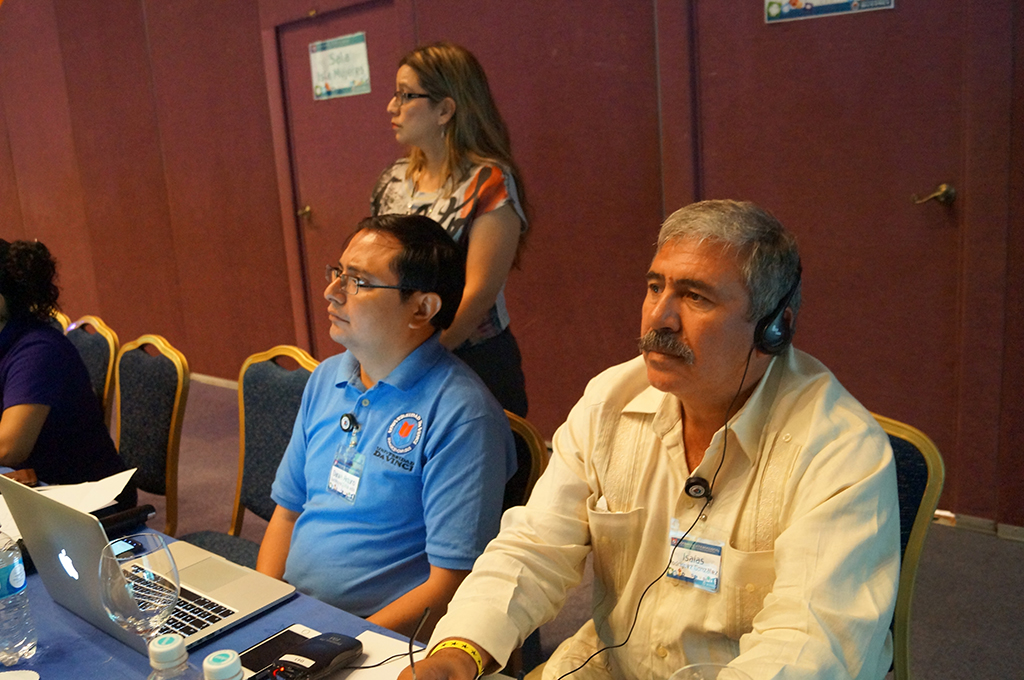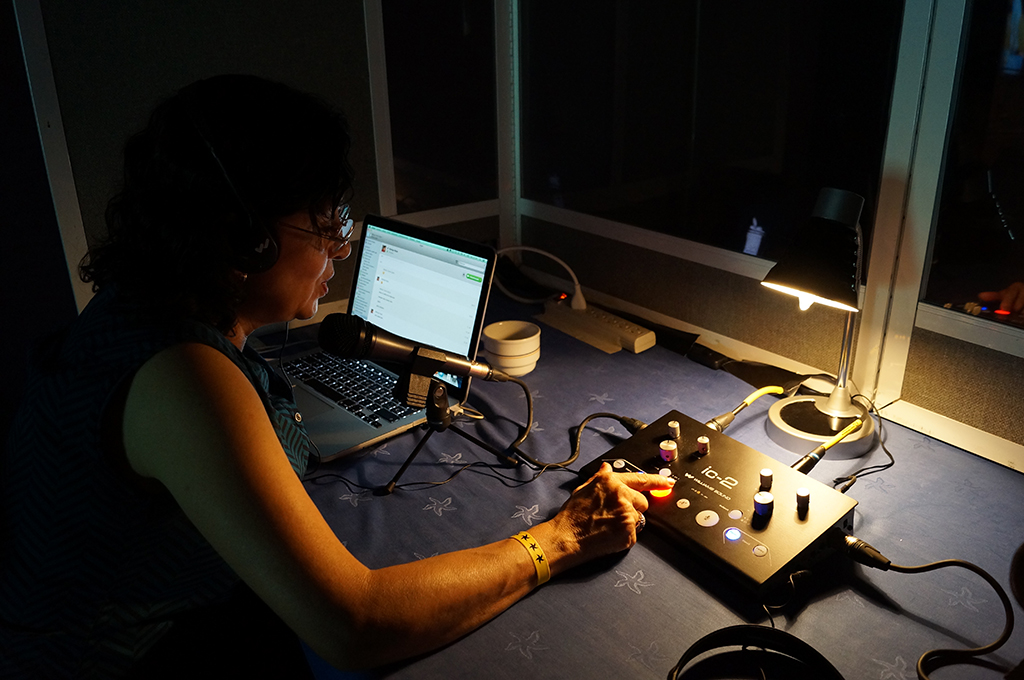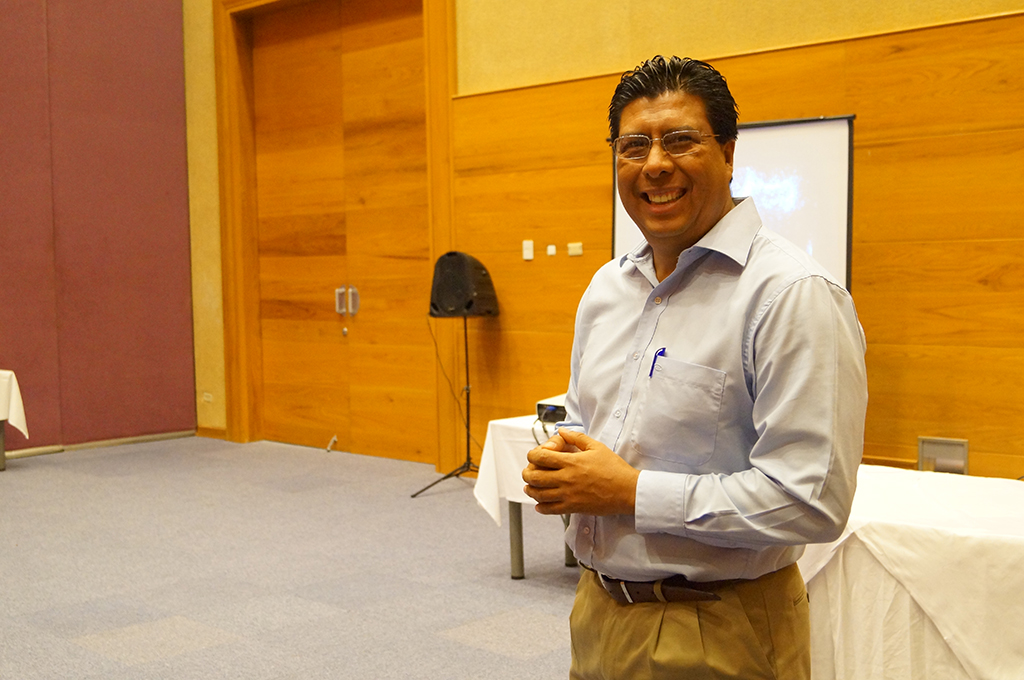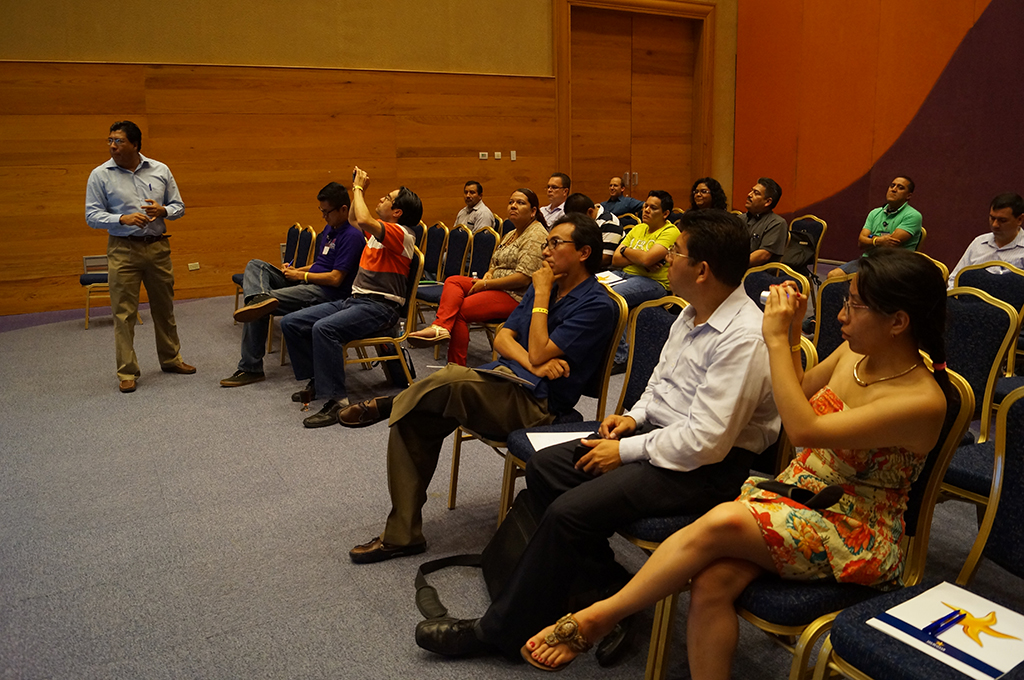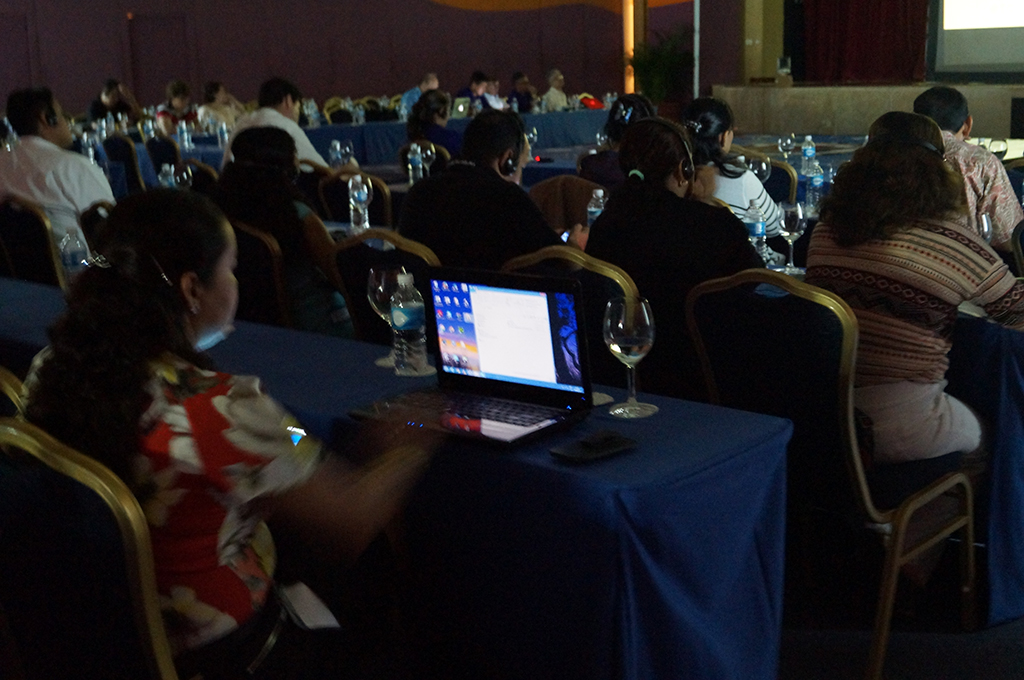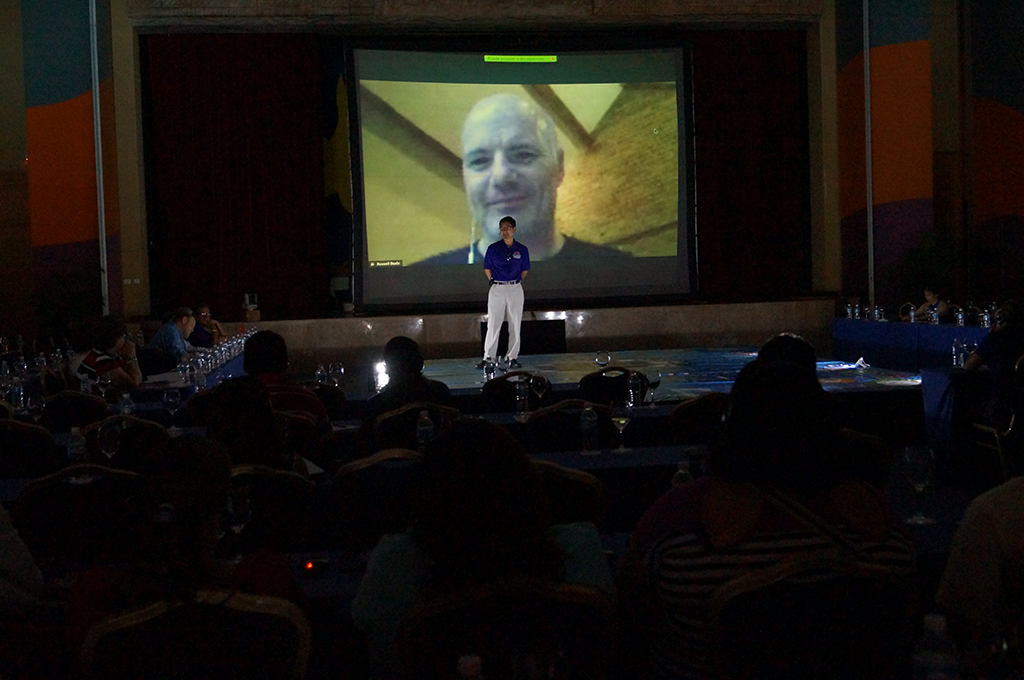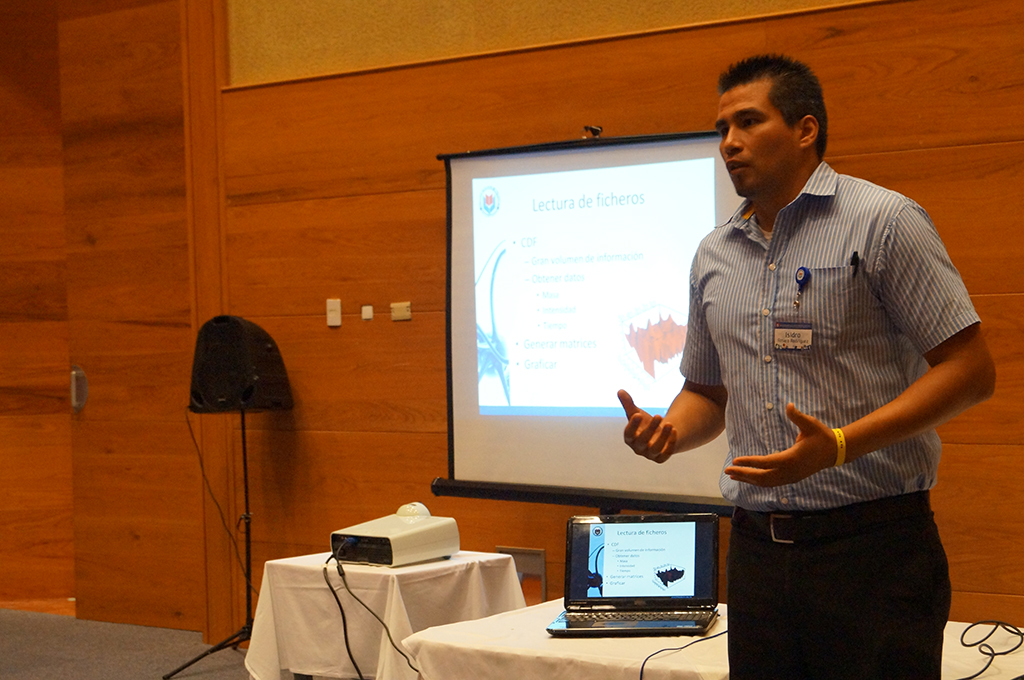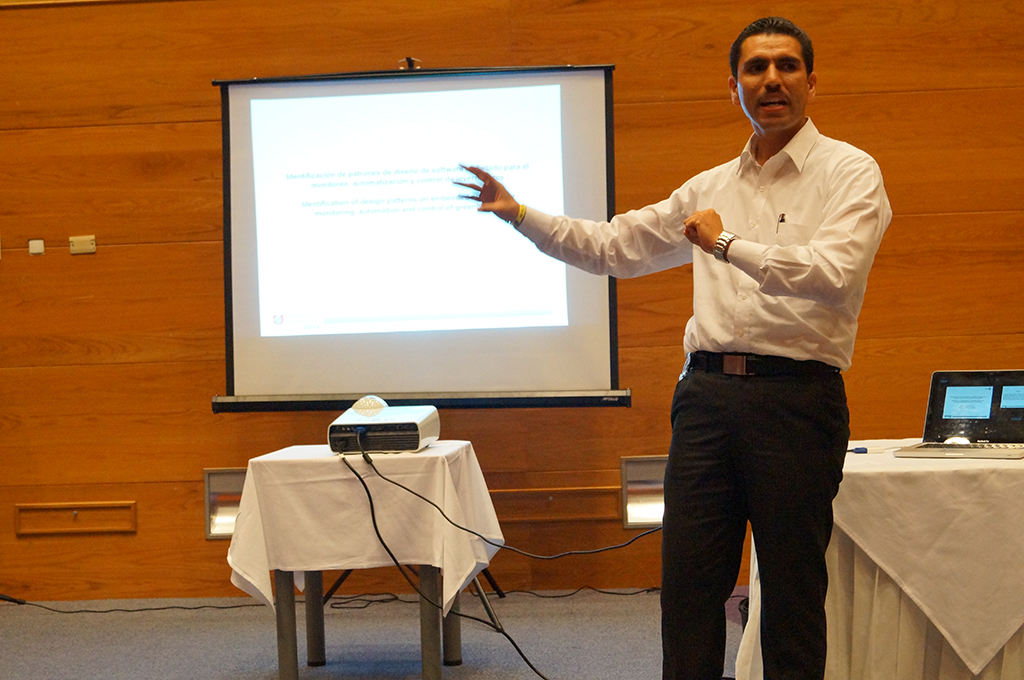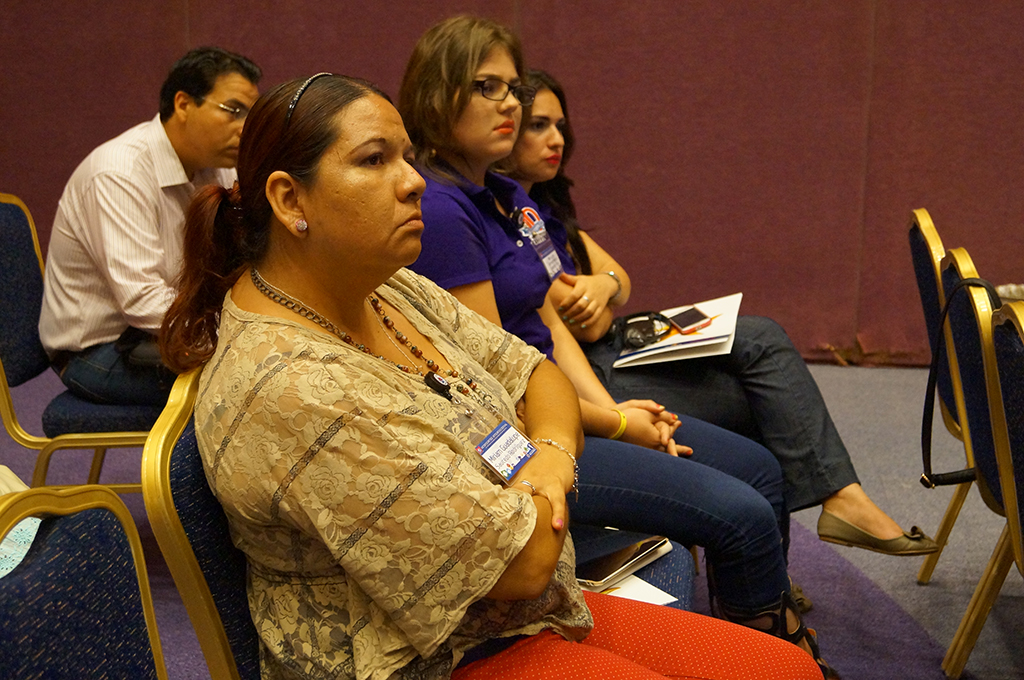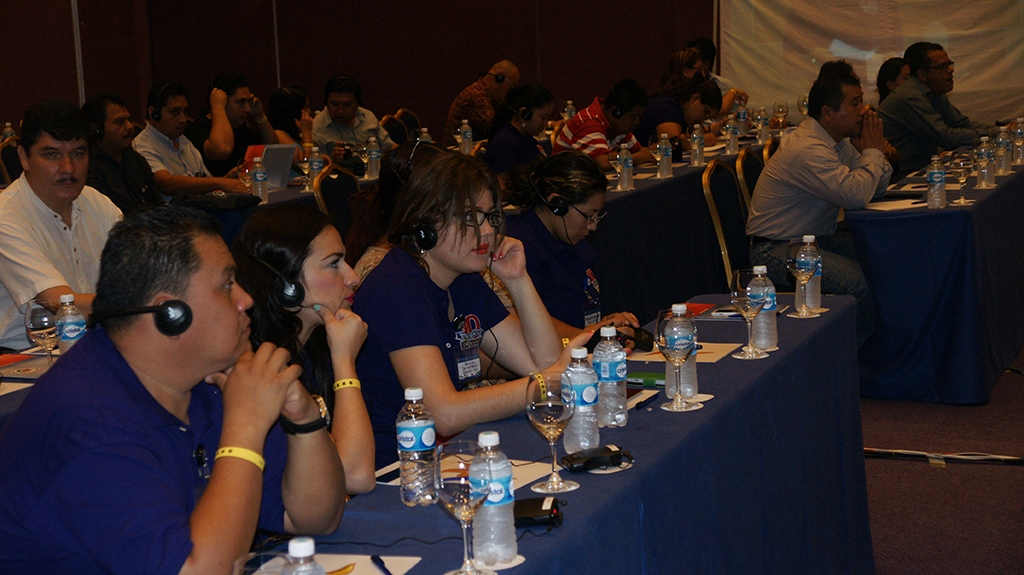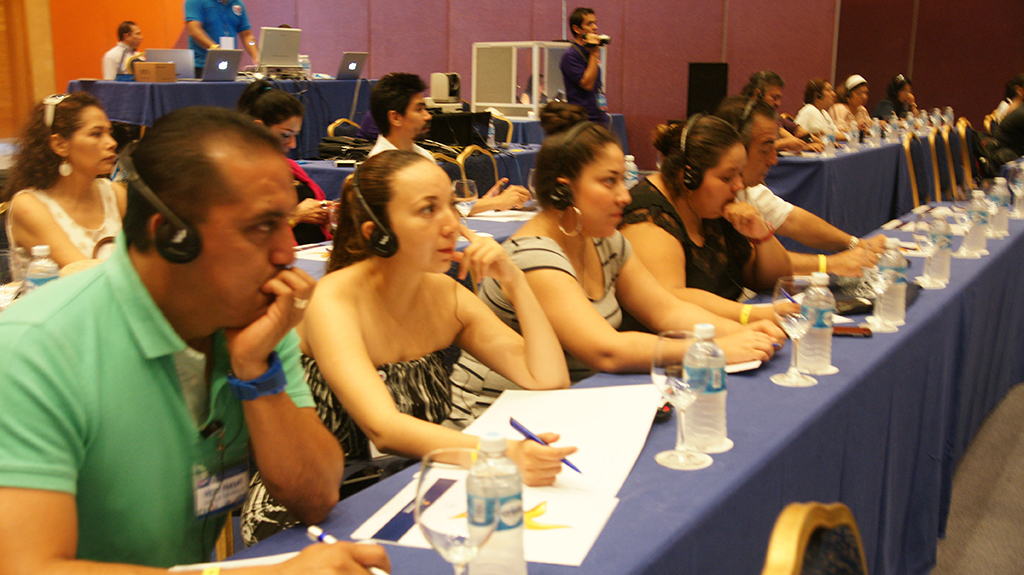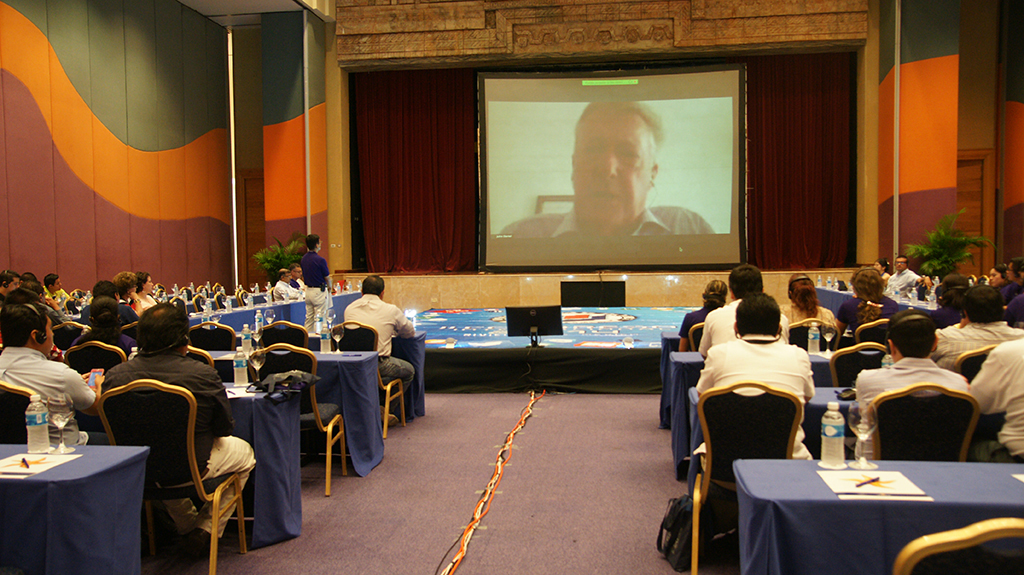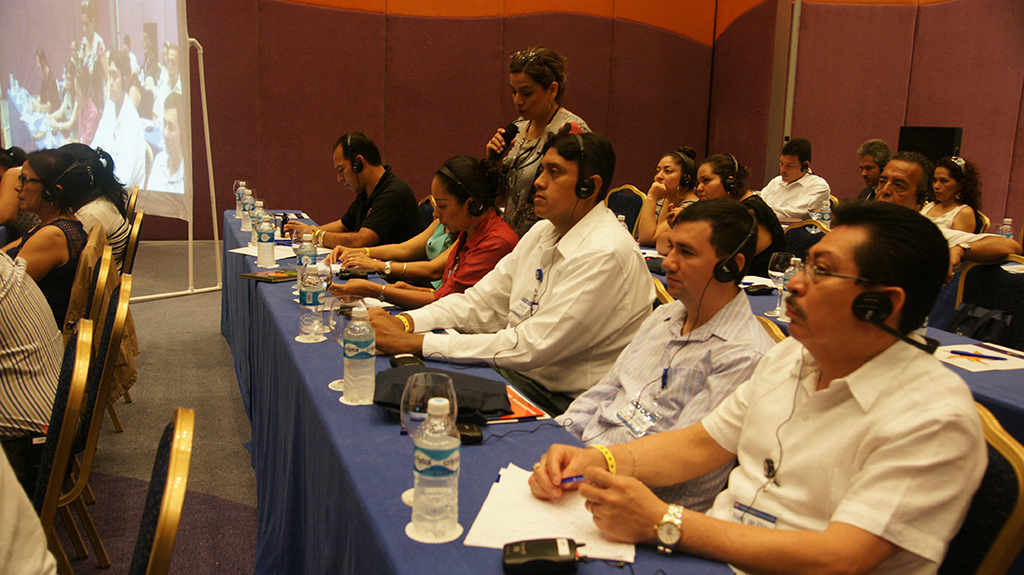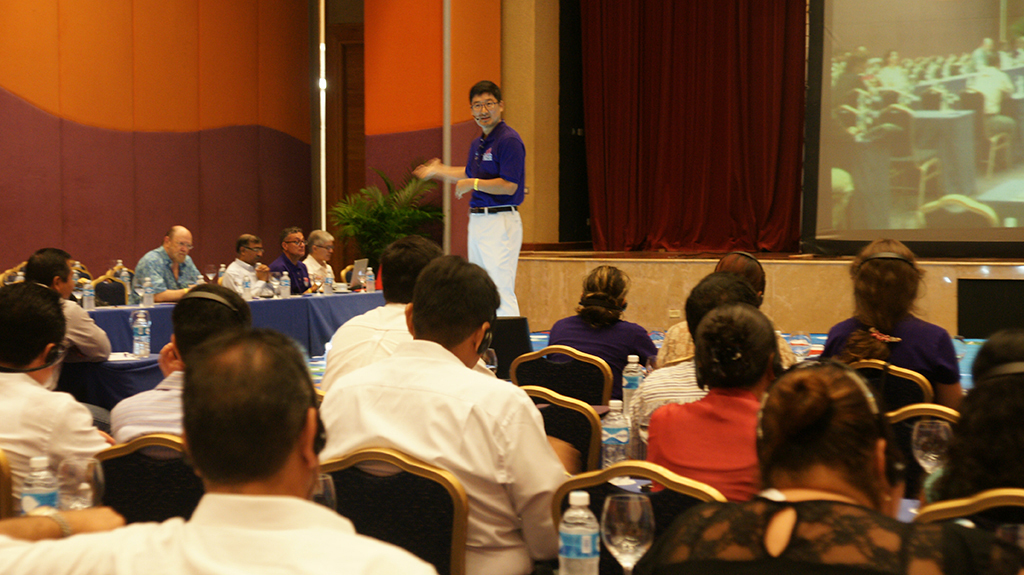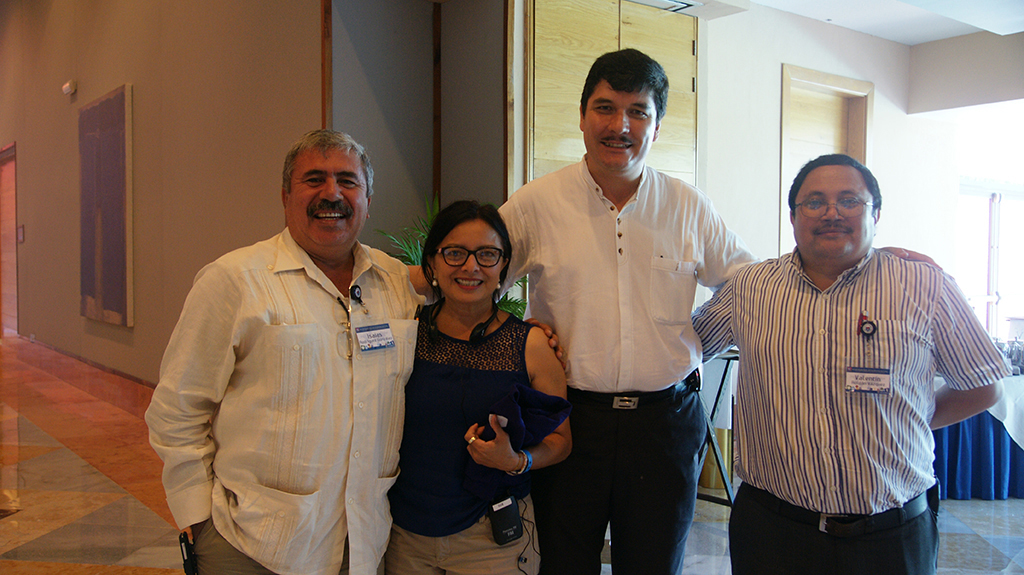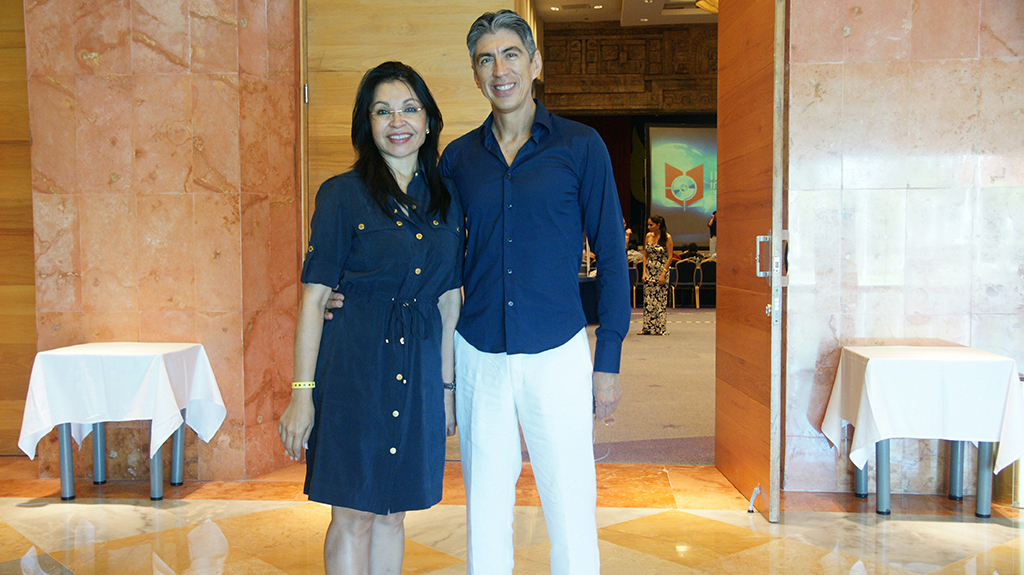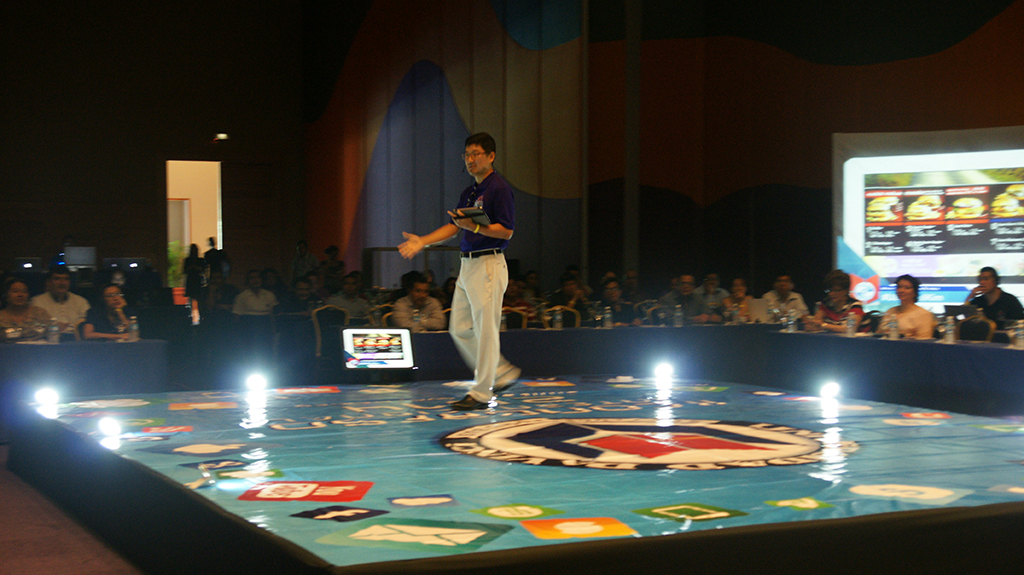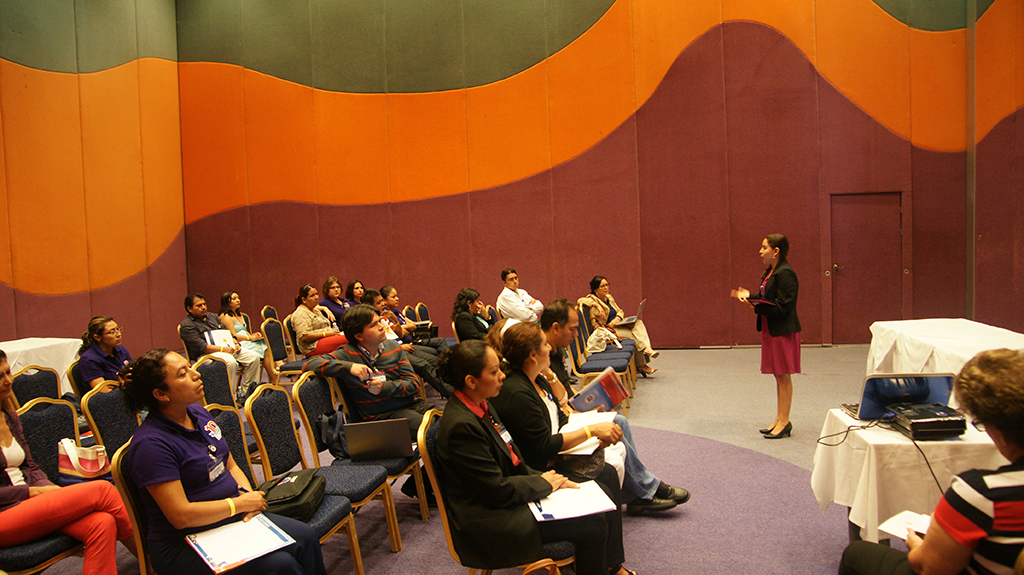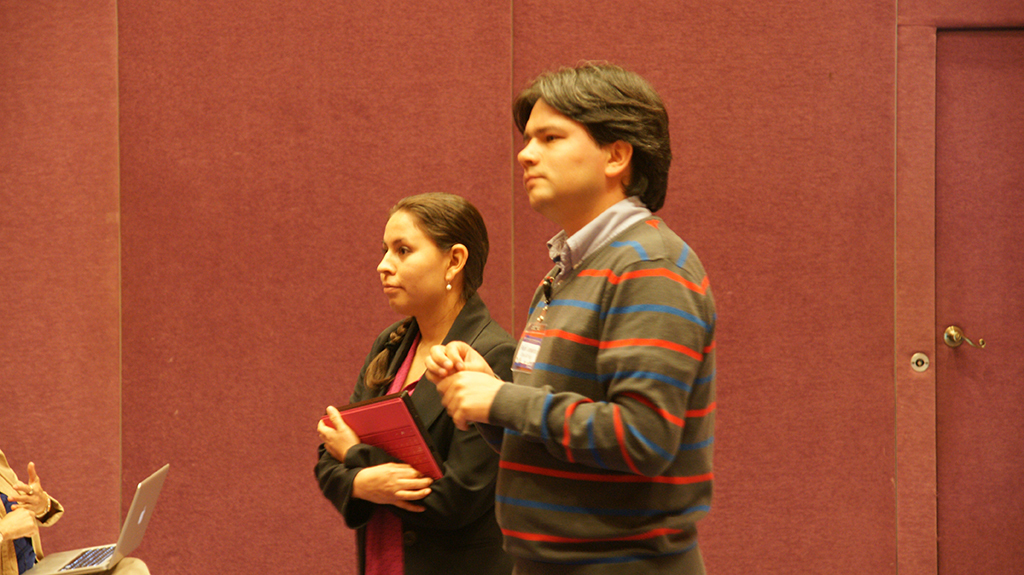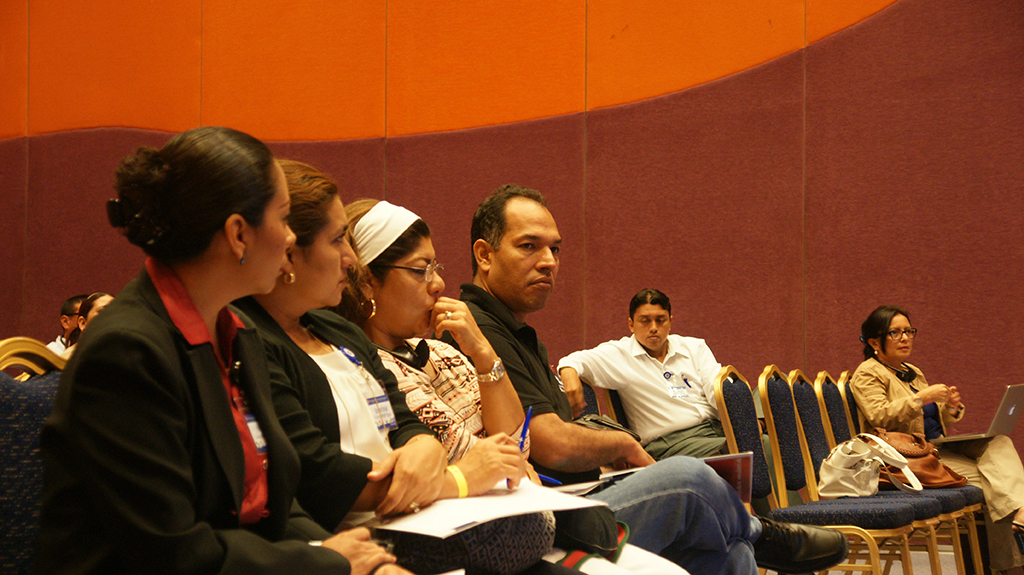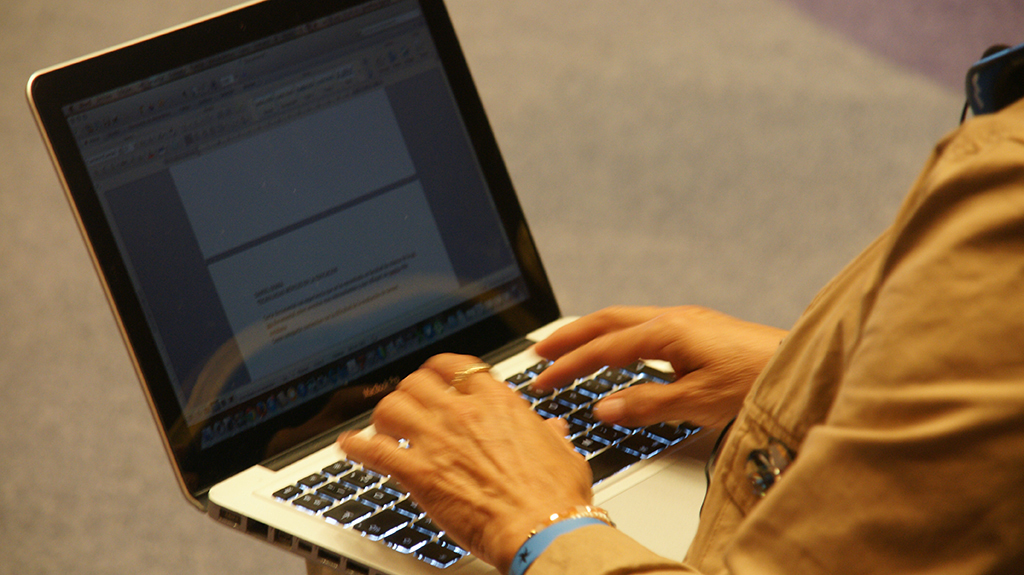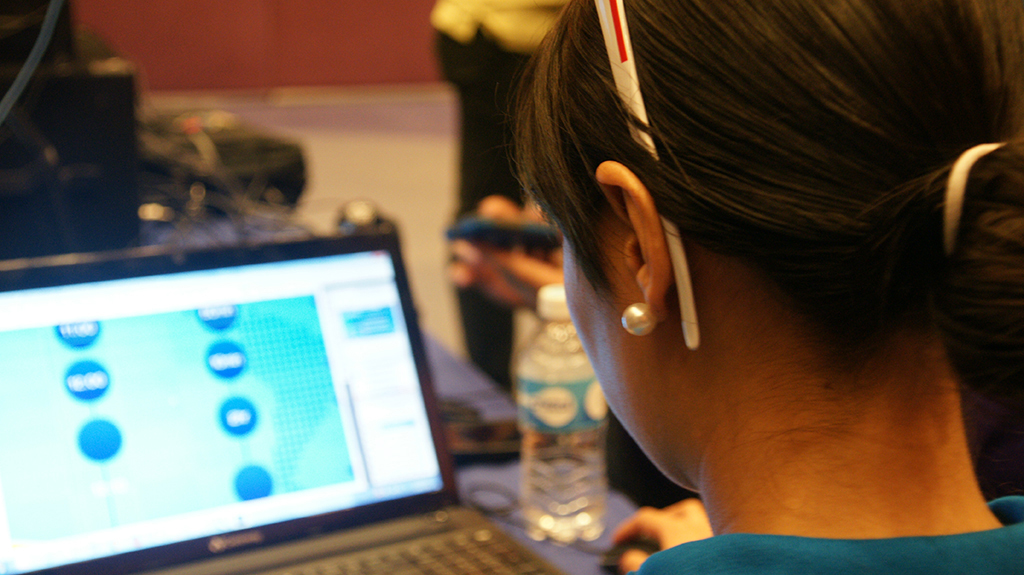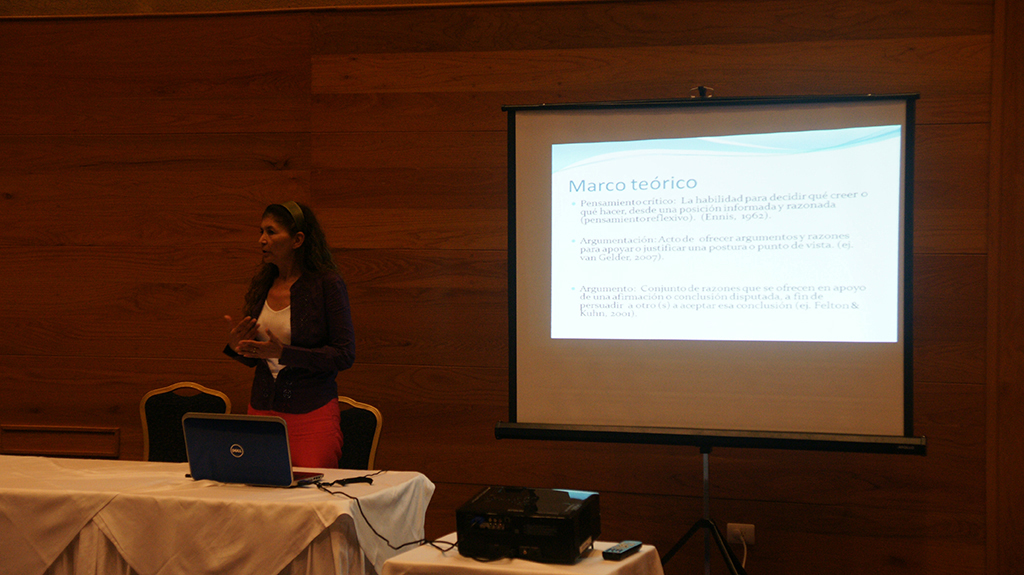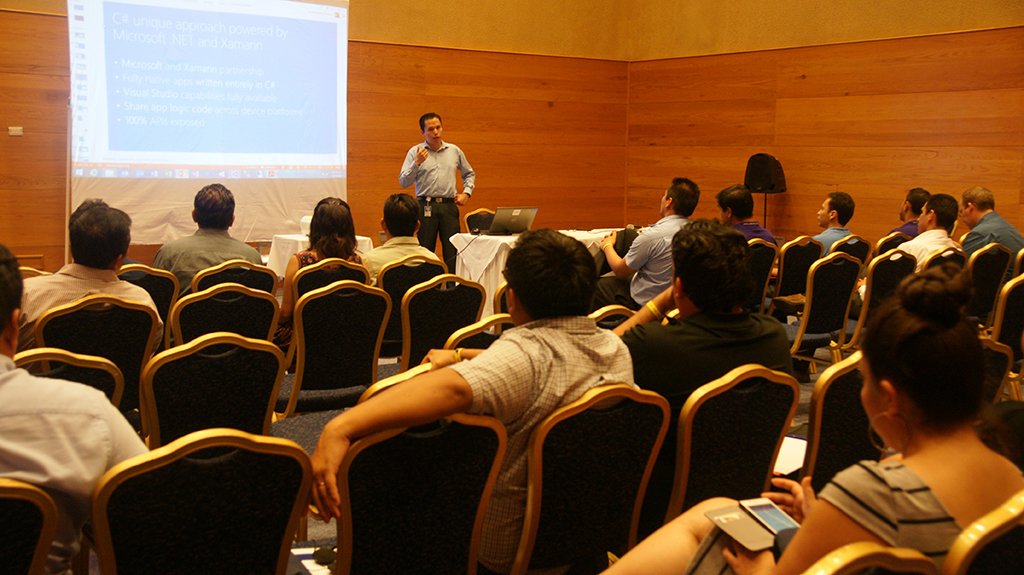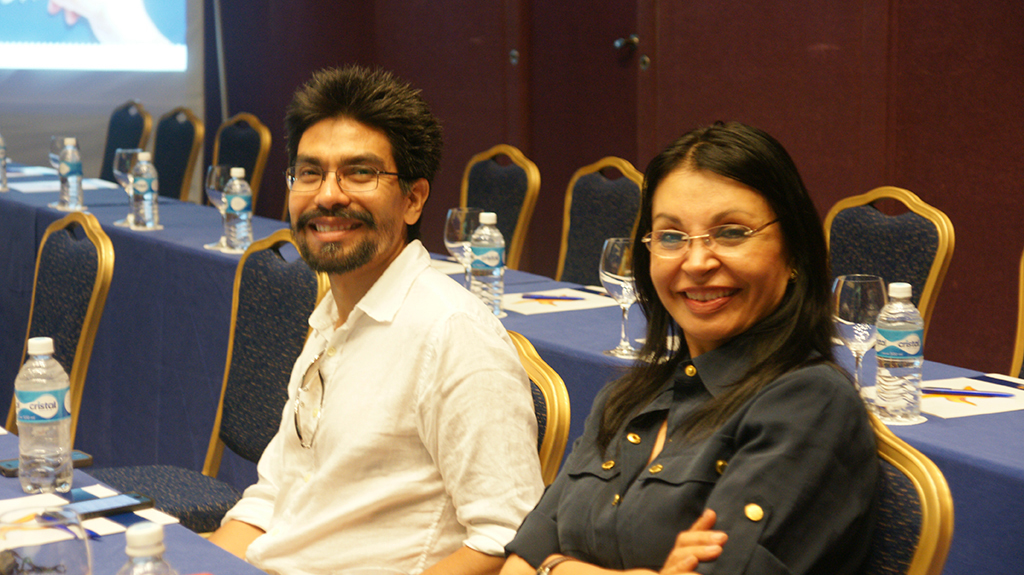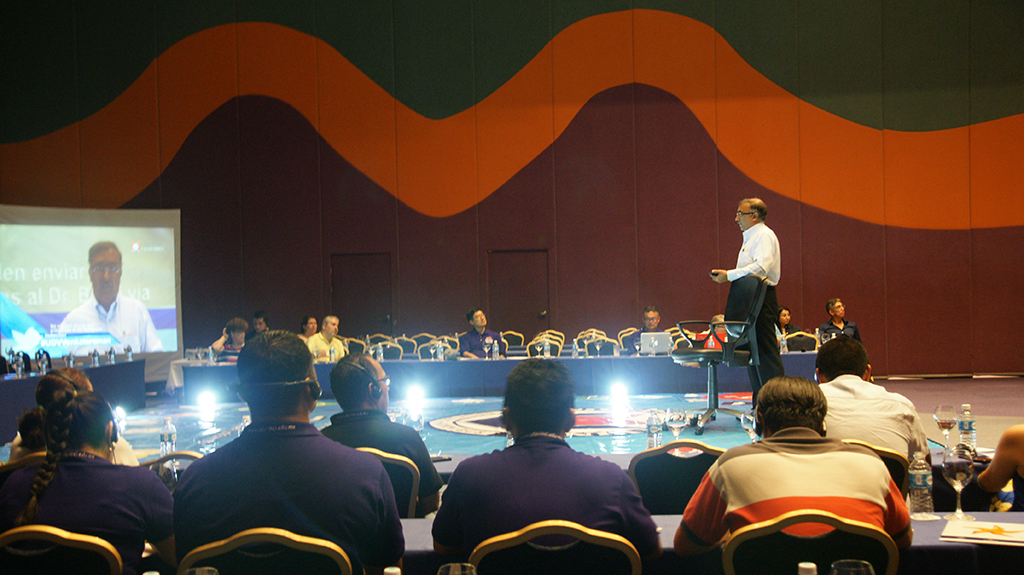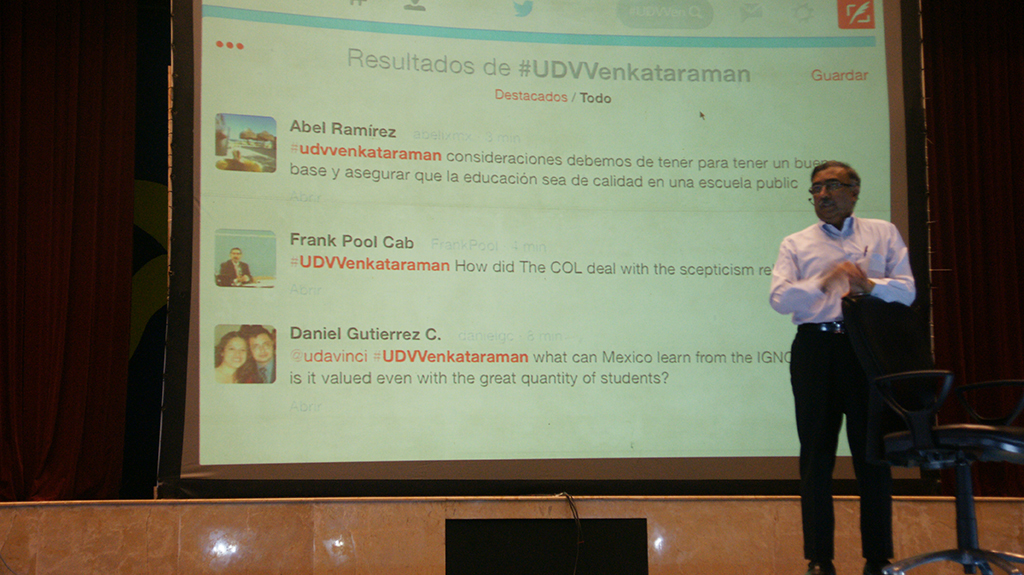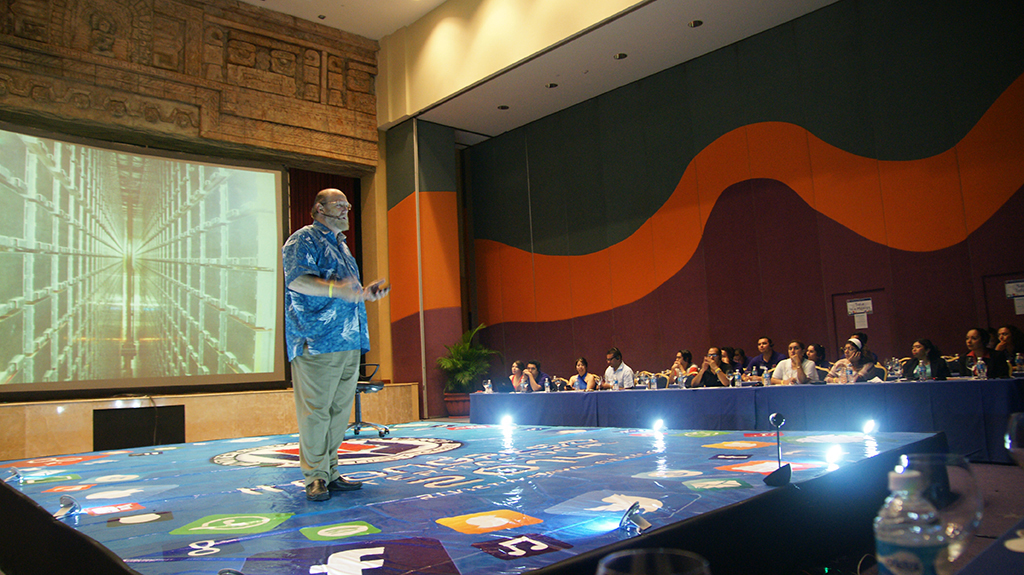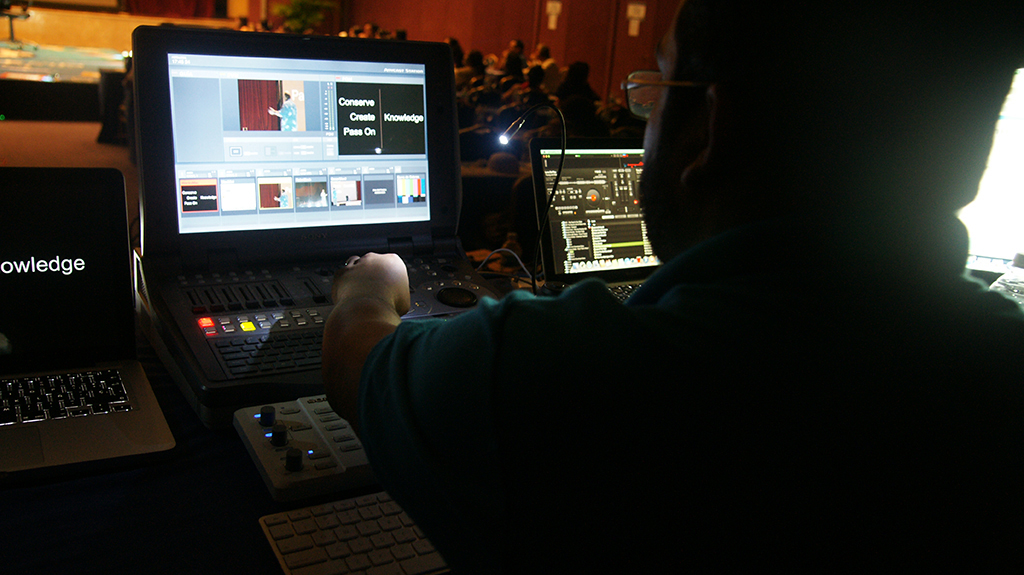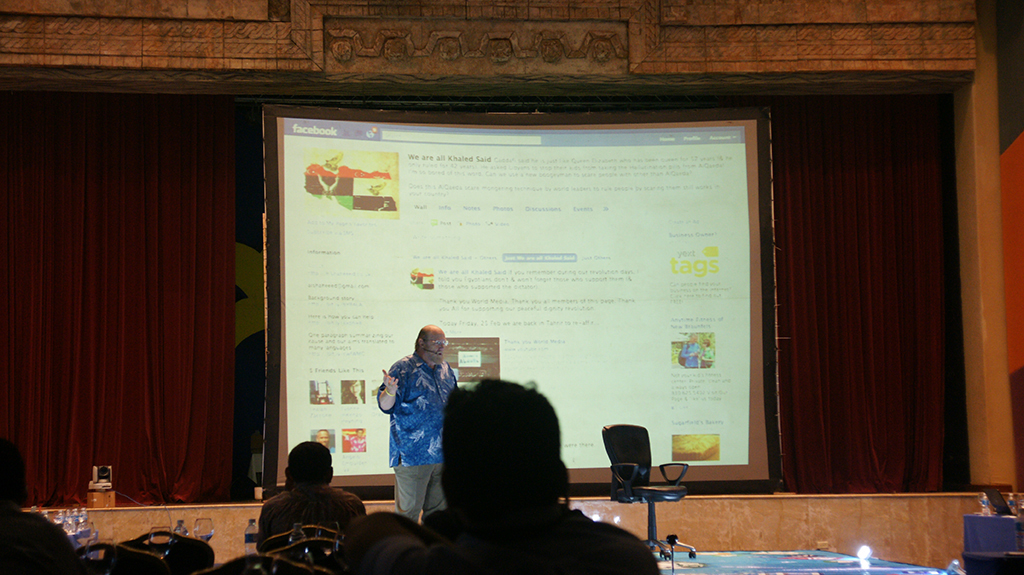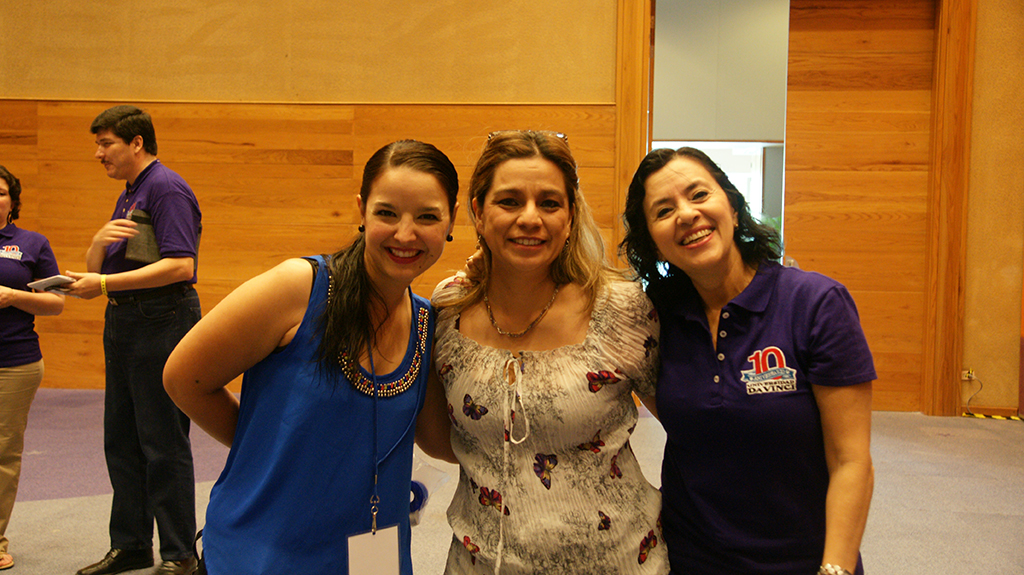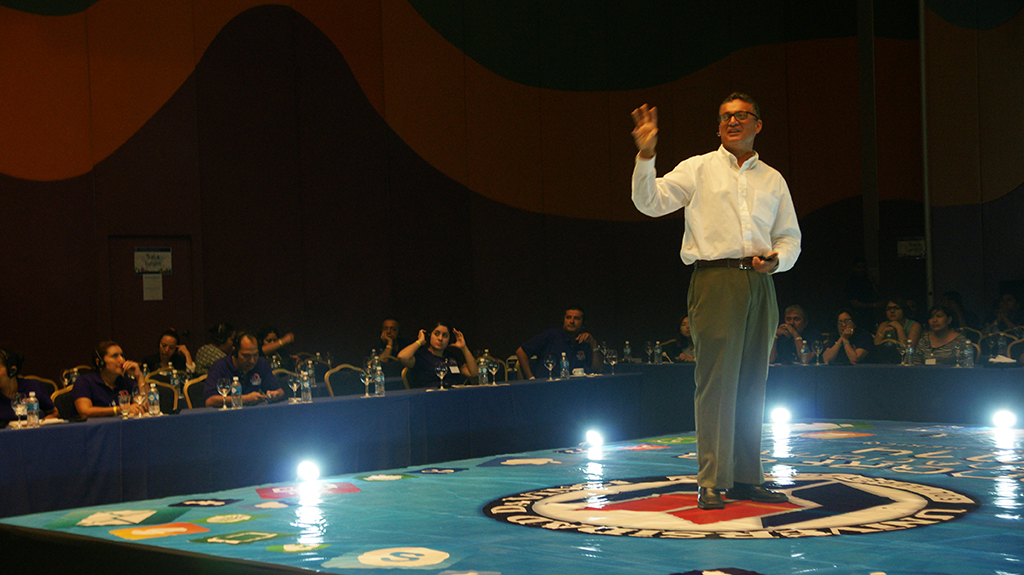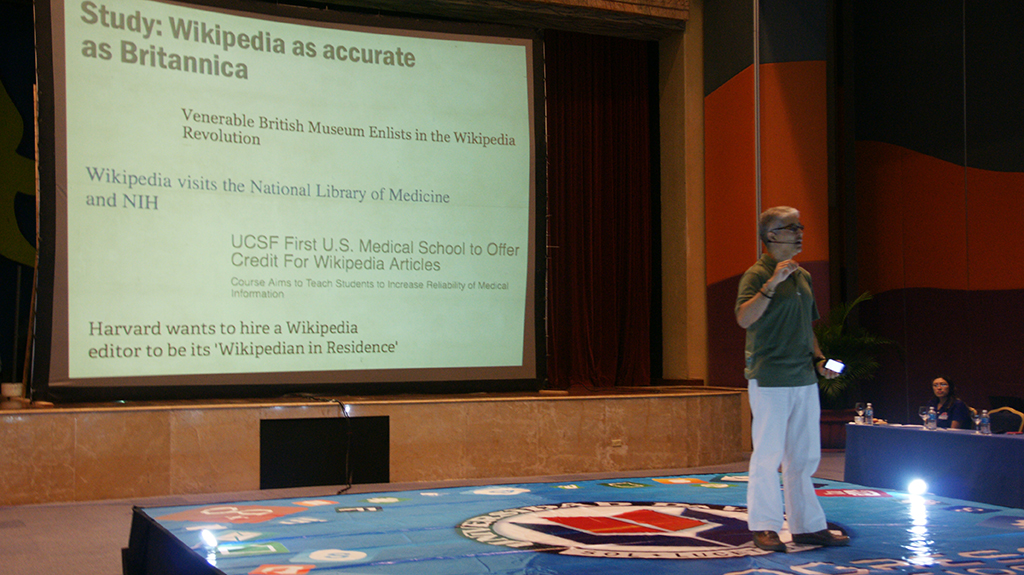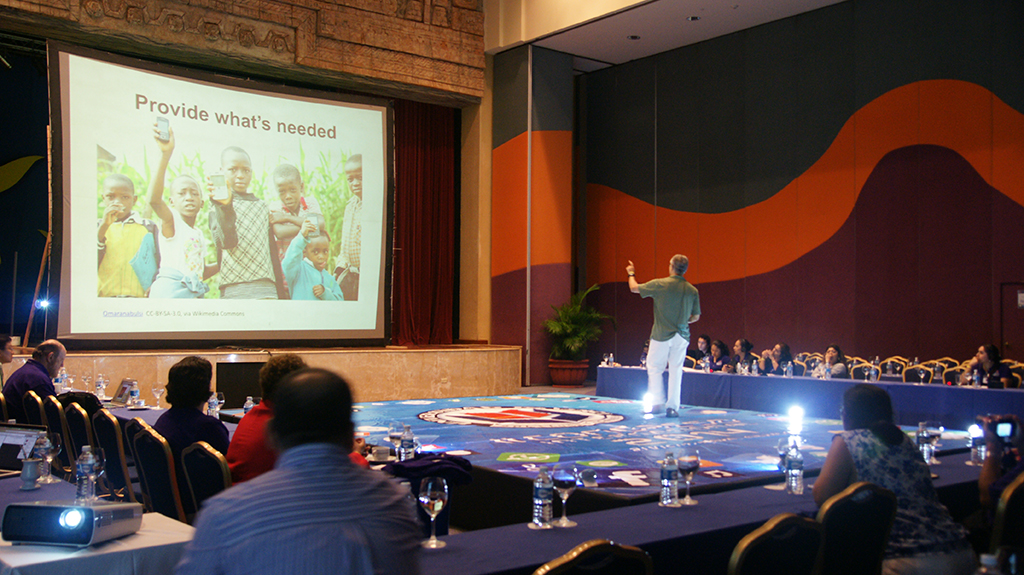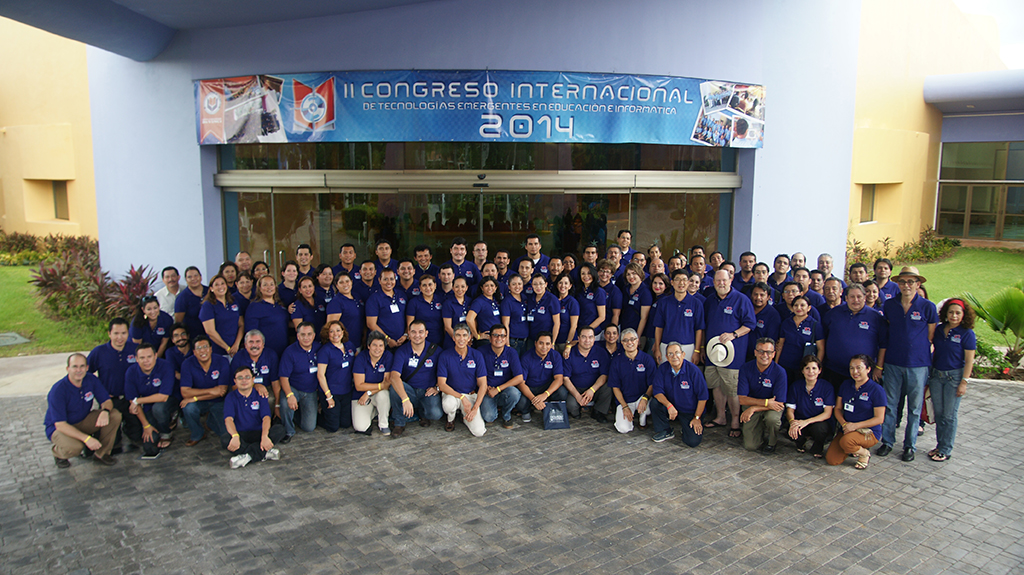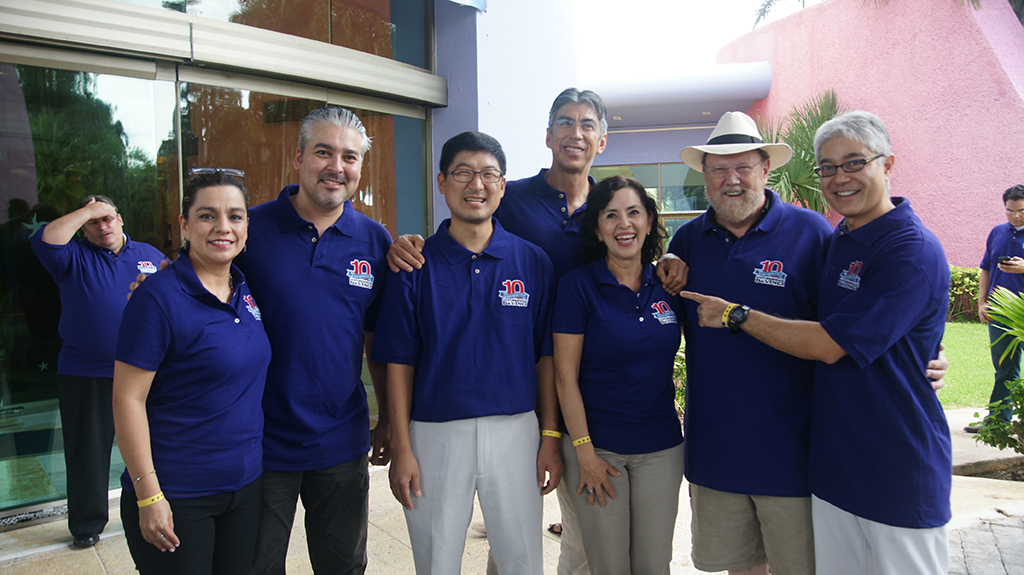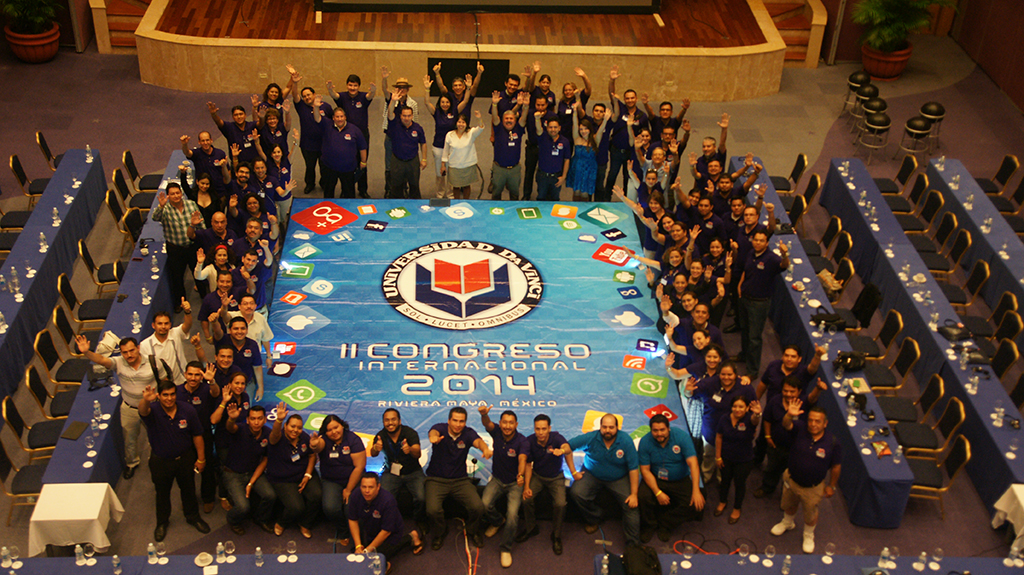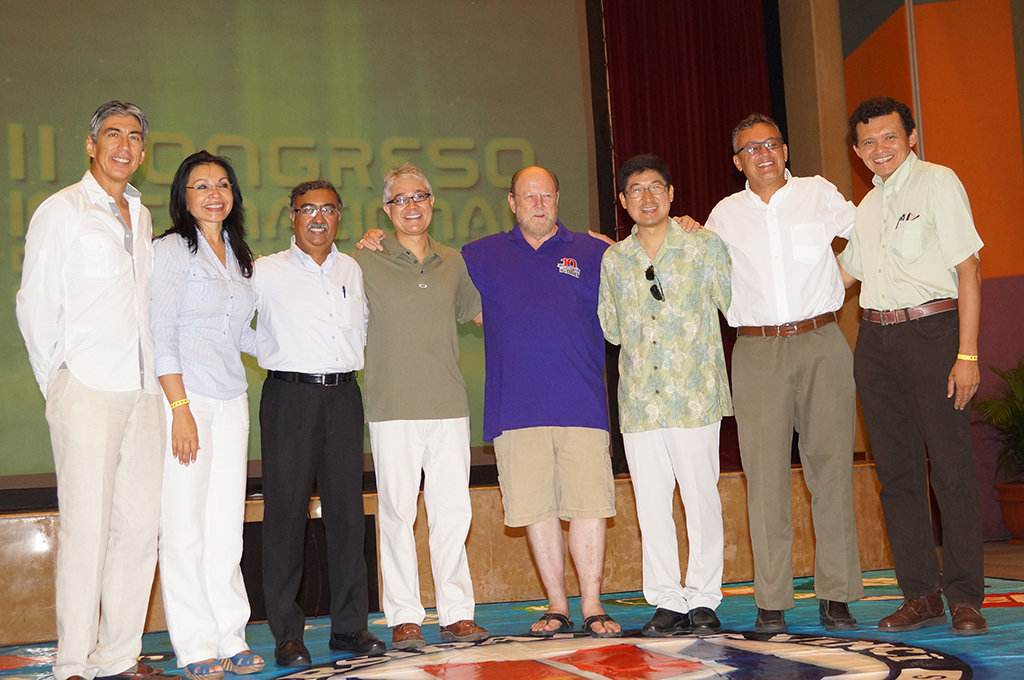II International Congress on Emerging Technologies in Education and Informatics 2014
The 2nd International Congress on Emerging Technologies in Education and Informatics in 2014 presented “Redefining Learning and IT in the Era of Social Networks” as its main theme.
The lectures covered a range of topics, from the integration of emerging technologies and advanced pedagogies to the promotion of skills such as self-management and critical thinking in education. The relevance of online learning platforms was discussed, highlighting their focus on social and collaborative pedagogy. MOOCs for sustainable development and their alignment with global educational goals were also key topics.
The interaction between technology and experiential learning was explored, along with the evolution of distance education. Trends in technology education were examined, emphasizing the growing role of technology in transforming learning in the digital era.
Plenary Sessions
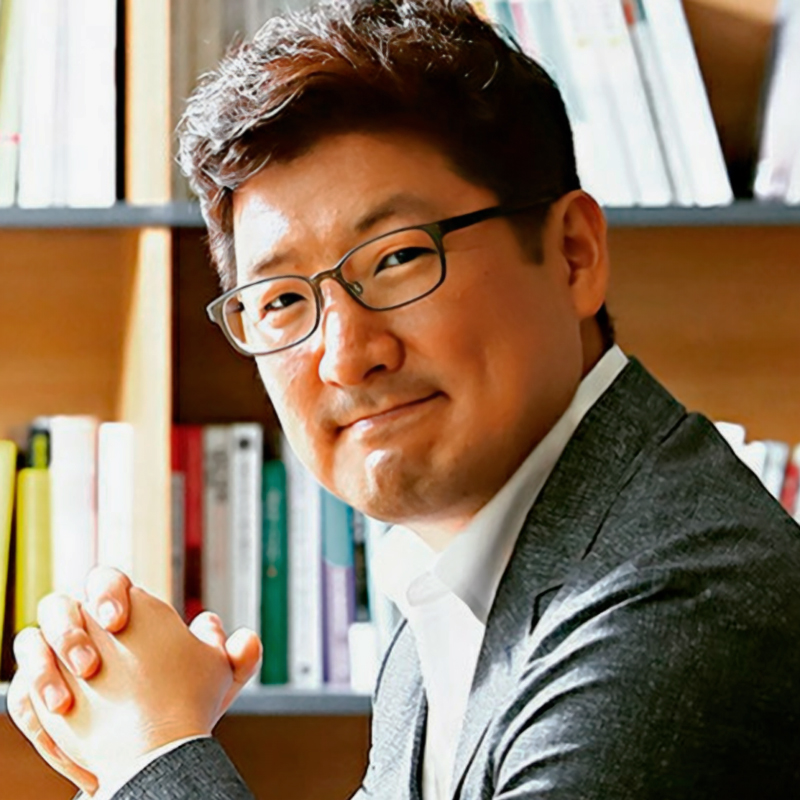
I need your help!
By Paul Kim
The lecture addressed innovative strategies in education, focusing on the integration of emerging technologies and advanced pedagogies. It discussed the importance of developing self-management skills and critical thinking in students, using technology and active methodologies. Kim highlighted projects and experiences that combine hands-on, collaborative, and problem-based learning, offering insight into how technology can revolutionize and personalize education.
Future Learn
By Russell Beale
This lecture presented the online learning platform Future Learn, highlighting its effective design and focus on social pedagogy and distance learning. Future Learn was founded by the Open University, the platform integrates web and mobile technologies to facilitate accessible and high-quality online education. Future Learn focuses on social learning design and global collaboration. It promotes student interaction for an enriching and engaging educational experience. Future Learn is an innovative model in massive online education.
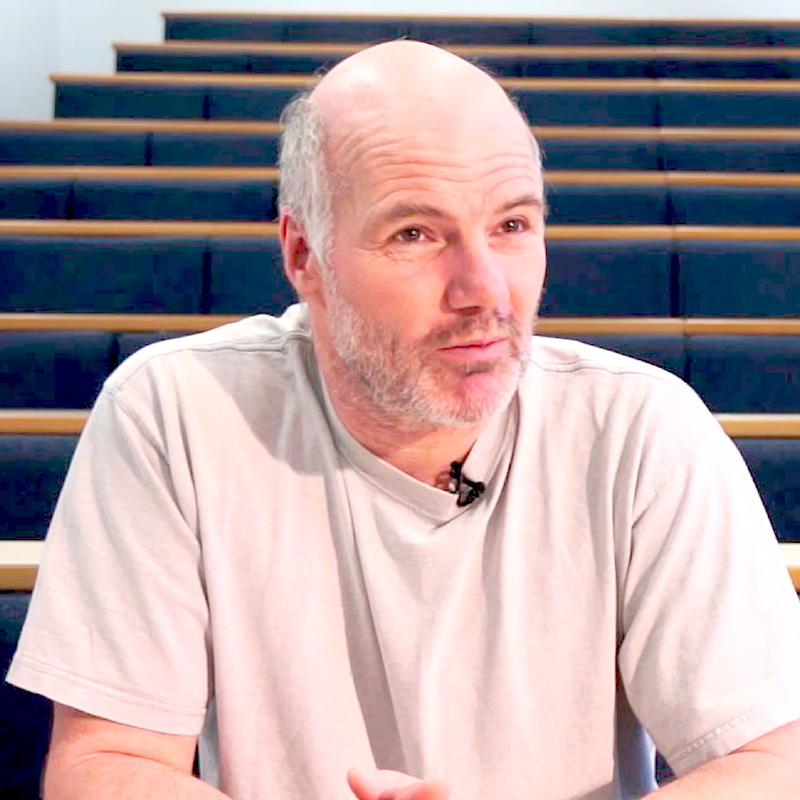
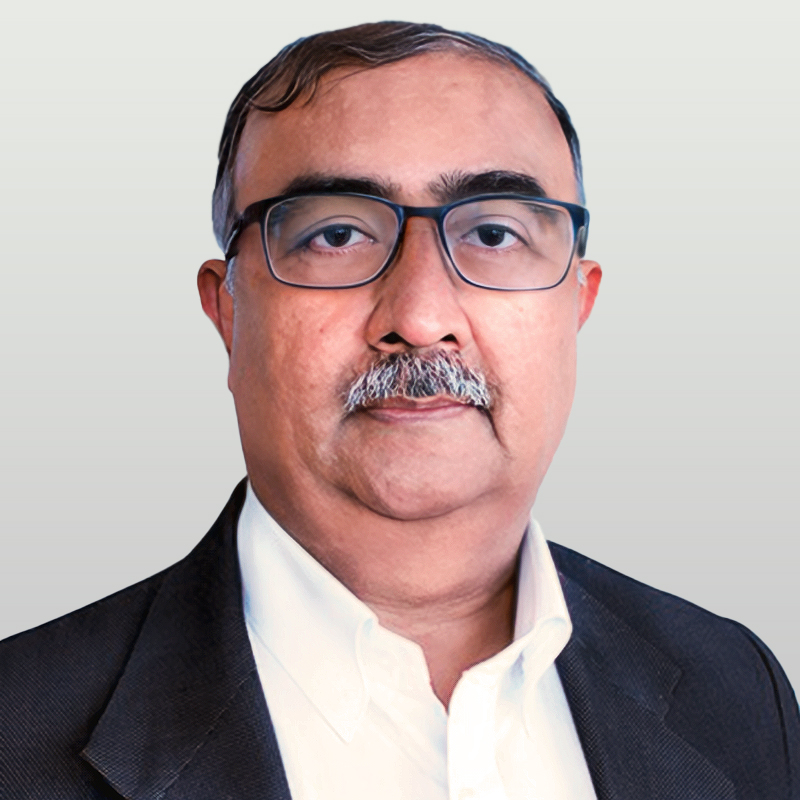
MOOC for Sustainable Development
By Venkataraman Balaji
This lecture explored the application of Massive Open Online Courses (MOOCs) for sustainable development. It discussed the synergy between Open Educational Resources (OER) and MOOCs, and their potential to achieve the United Nations Sustainable Development Goals, especially in education. The need to adapt MOOCs for development contexts was emphasized, highlighting examples and strategies to improve the accessibility and relevance of these courses in developing countries.
Experiential Learning Enhanced with Technology to Improve Value and Efficiency
By Otto Khera
Khera’s lecture focused on integrating technology and experiential learning to enhance value and efficiency in education. He explored how technology, when infused into learning, can enrich the educational experience, emphasizing the importance of active and collaborative learning and the role of technology in facilitating these teaching methods.
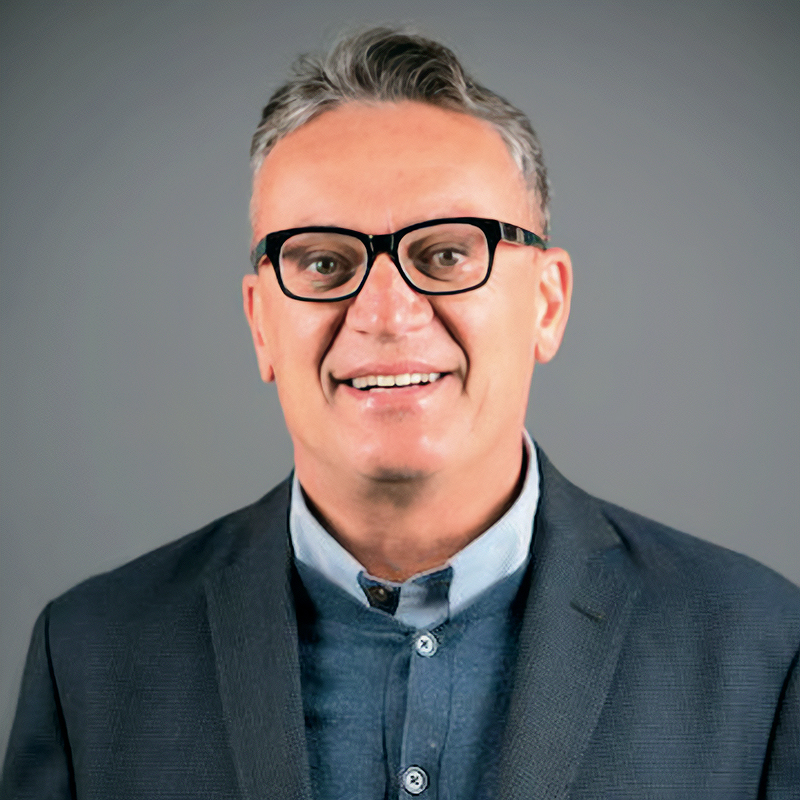
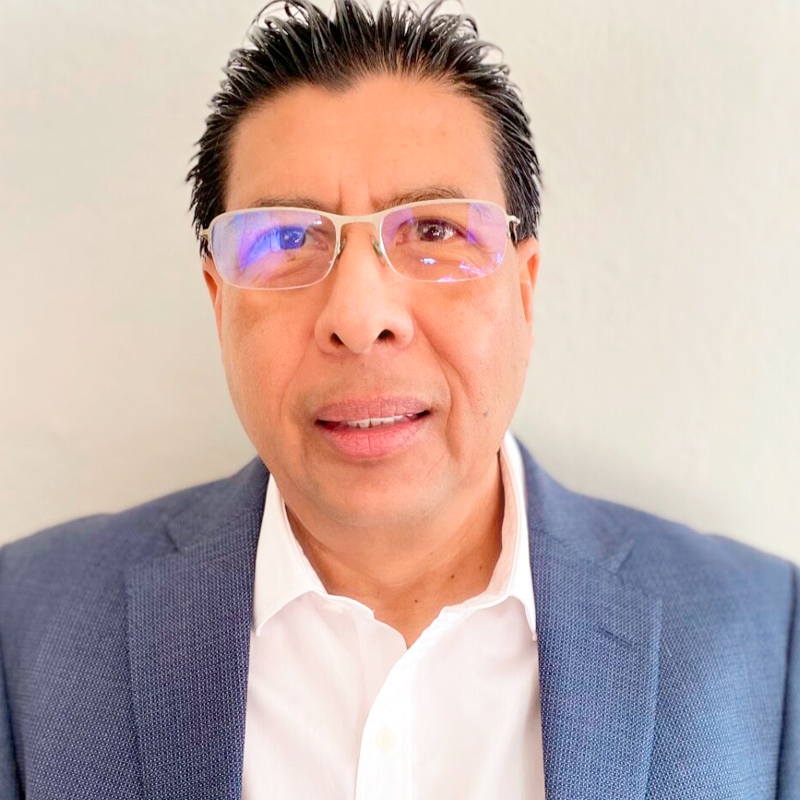
Connected Vehicles
By Raúl Aquino
This lecture examined the impact and possibilities of connected vehicles in modern society. Dr. Santos discussed how the integration of advanced technologies, such as IoT and vehicle communication systems, has revolutionized transportation. He focused on the benefits of road safety, traffic efficiency, and environmental sustainability. Additionally, he addressed challenges in privacy and data security and explored the future of smart and connected urban mobility.
The Future Is Already Here
By Larry Johnson
Dr. Johnson addressed various topics related to education and technology in a general manner, such as “Badging / Microcredit,” “MOOCs,” “Learning Analytics,” and “Cloud Computing.” He presented key concepts in the context of 21st-century education, highlighting the importance of technological integration and innovative strategies in learning. He shared a focus on modern and adaptable learning environments, reflecting current trends in educational technology.
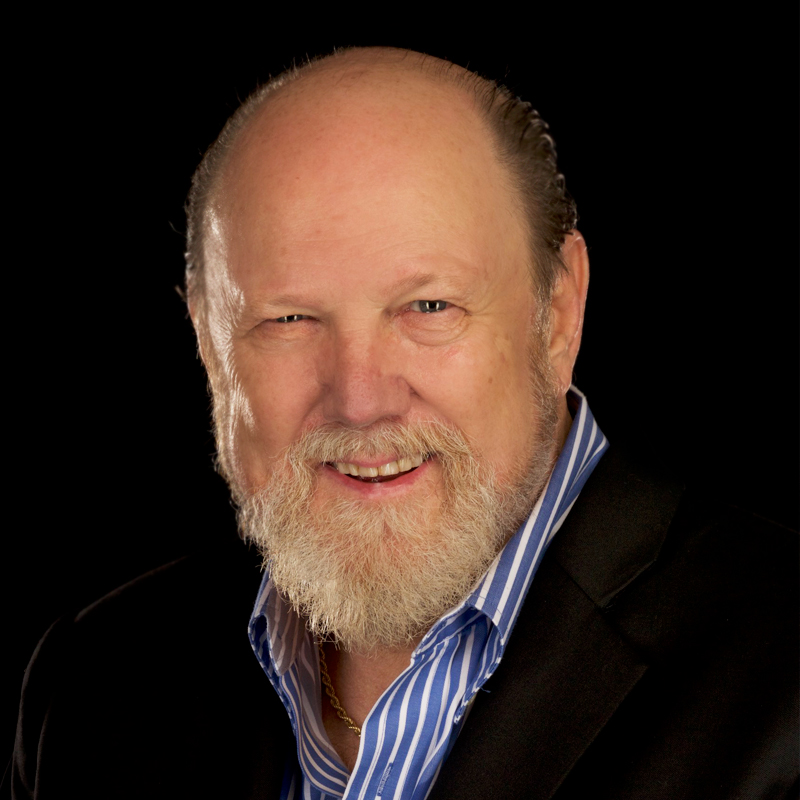
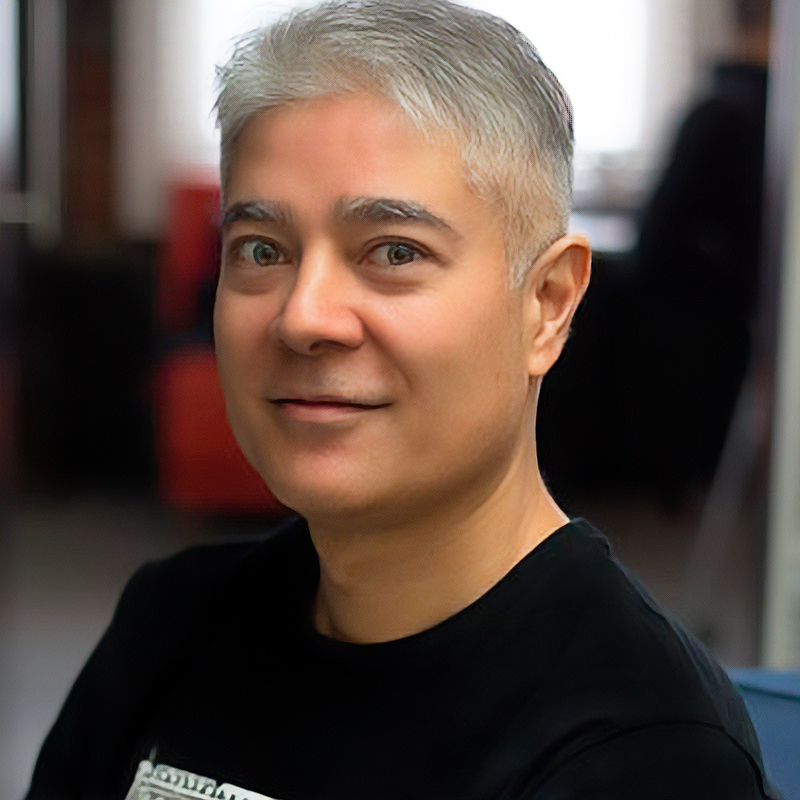
The Future of Education: Community-Driven Learning
By Kul Takanao Wadhwa
In this lecture, the focus was on the impact and potential of community-driven learning models, using Wikipedia as the primary case study. Wadhwa analyzed how community collaboration and contribution have transformed access to knowledge and education. He addressed the evolution of Wikipedia from a participation and content creation perspective, highlighting its global growth and the importance of mobile technology in expanding access to knowledge.
Open, Distance, and Online Education: A Brief History
By Sir John Daniel
This lecture provided a historical and current perspective on distance education and online learning. It encompassed the evolution from correspondence teaching to modern MOOCs, highlighting the importance of technology in this development. Sir John Daniel illustrated how distance education has been transformed by innovations such as the internet and emphasizes the need to ensure quality and accessibility in online education.
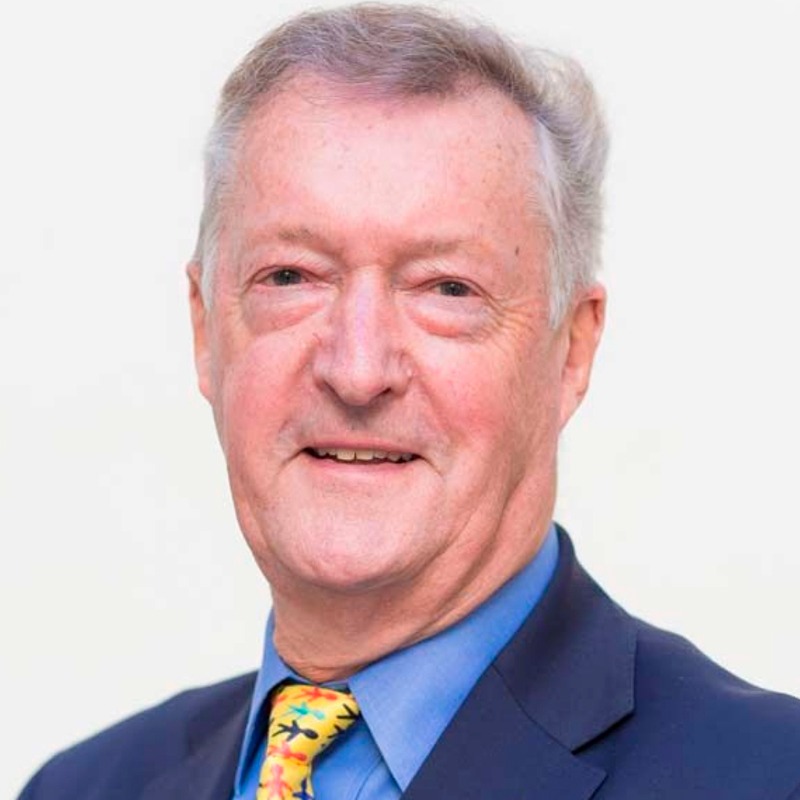
What we experienced in 2014
Secure your spot, be inspired,
learn and evolve!

